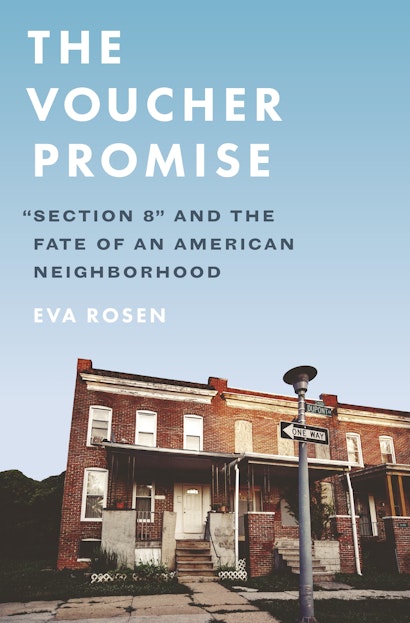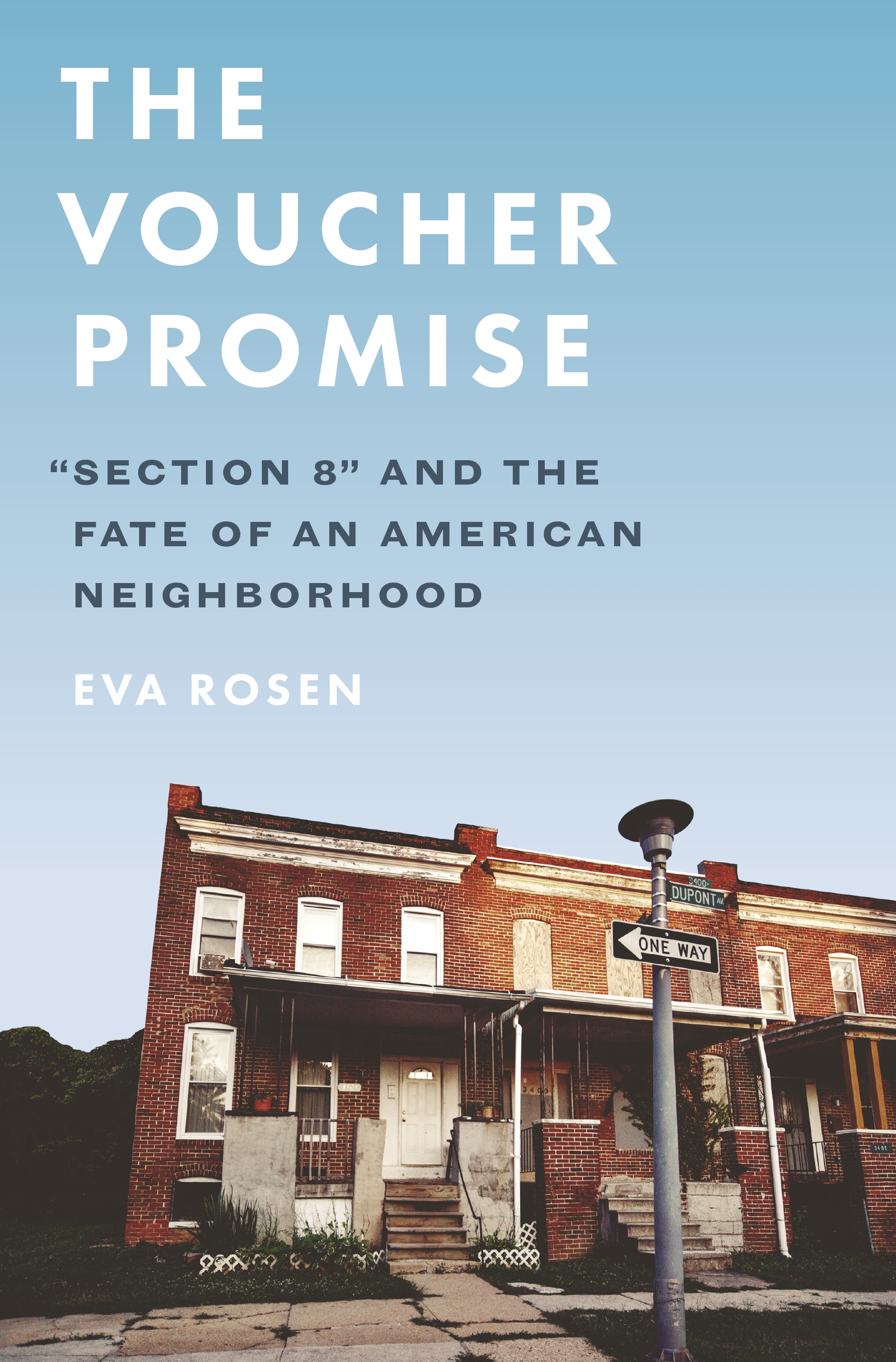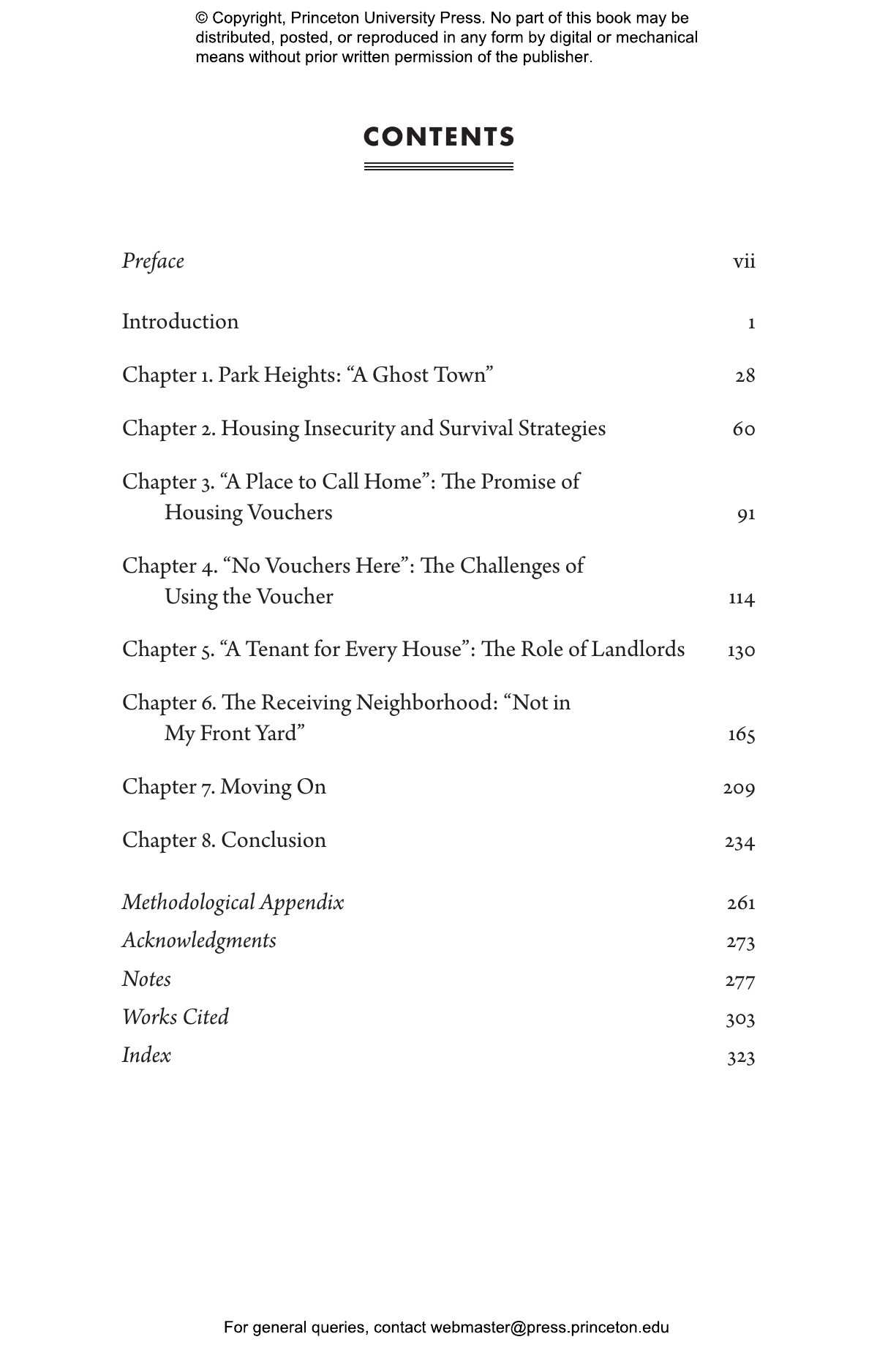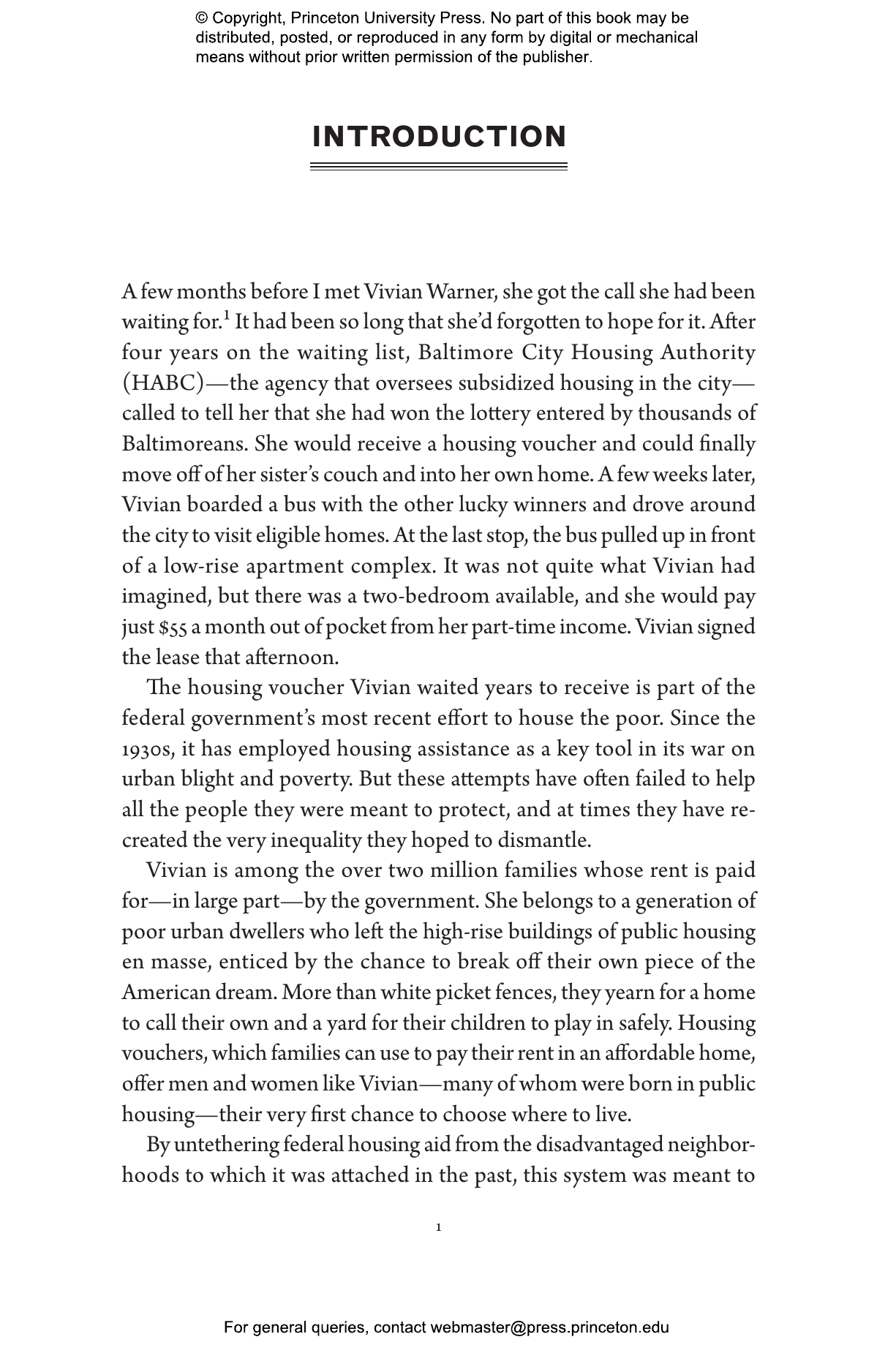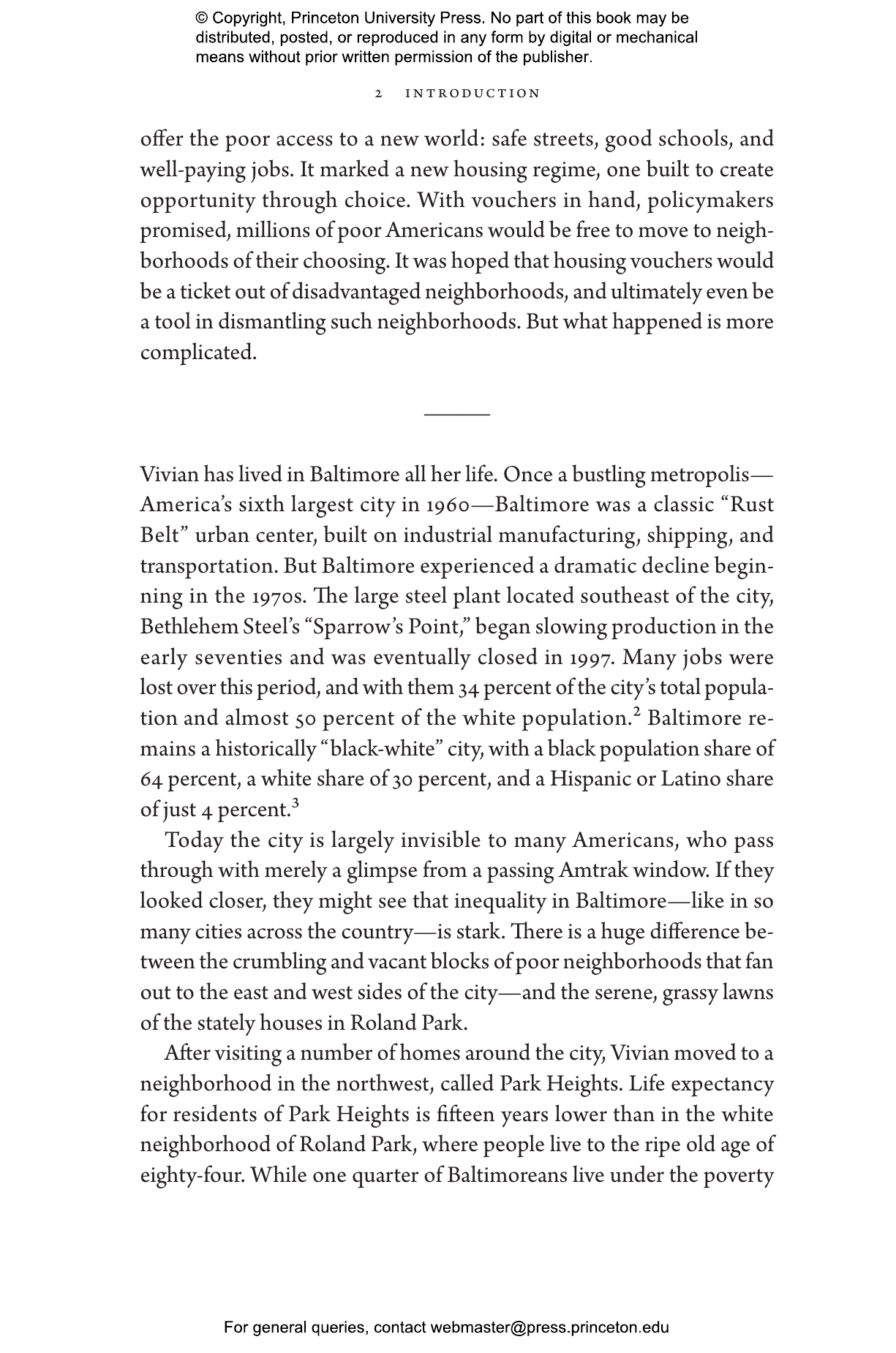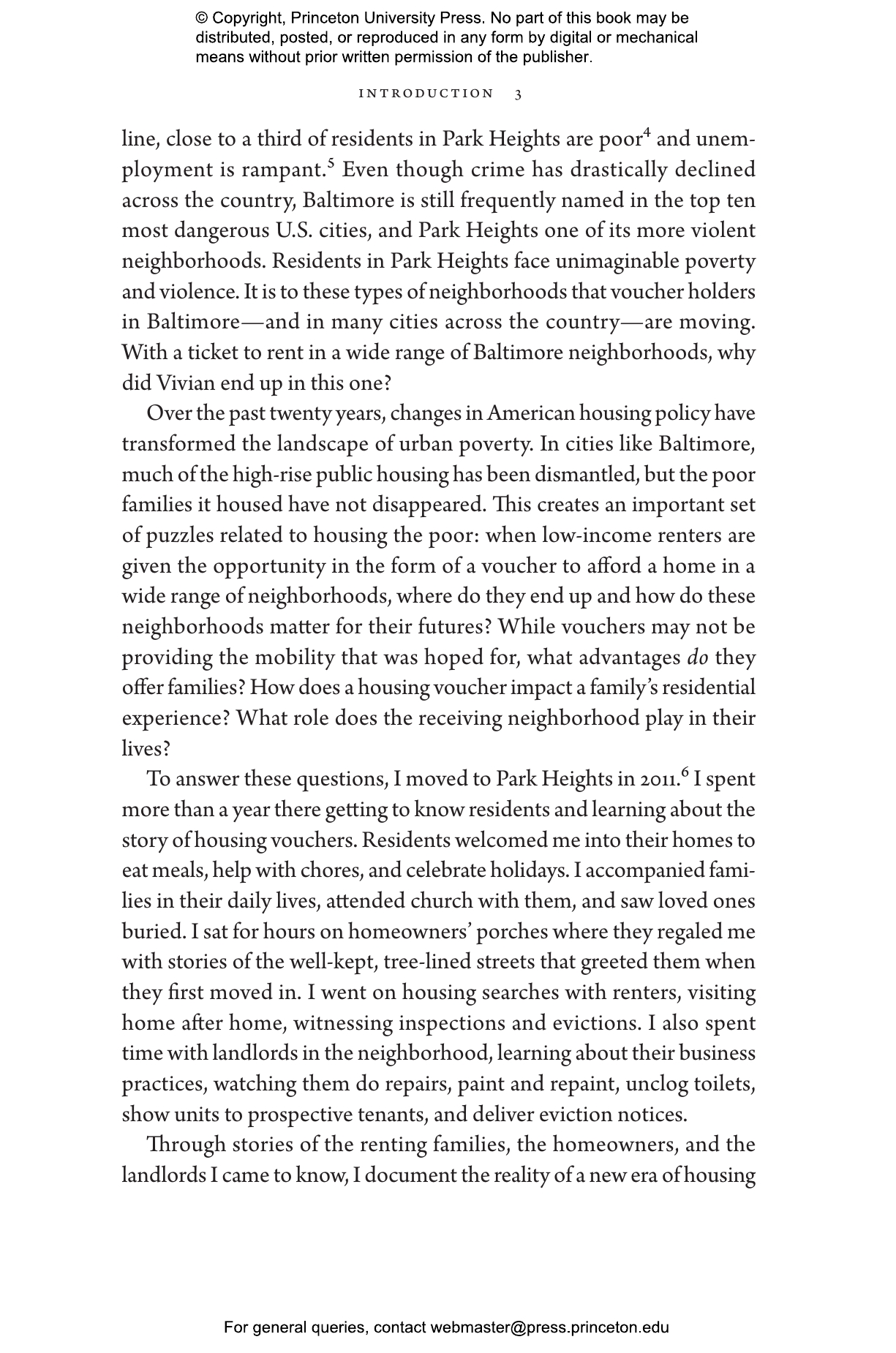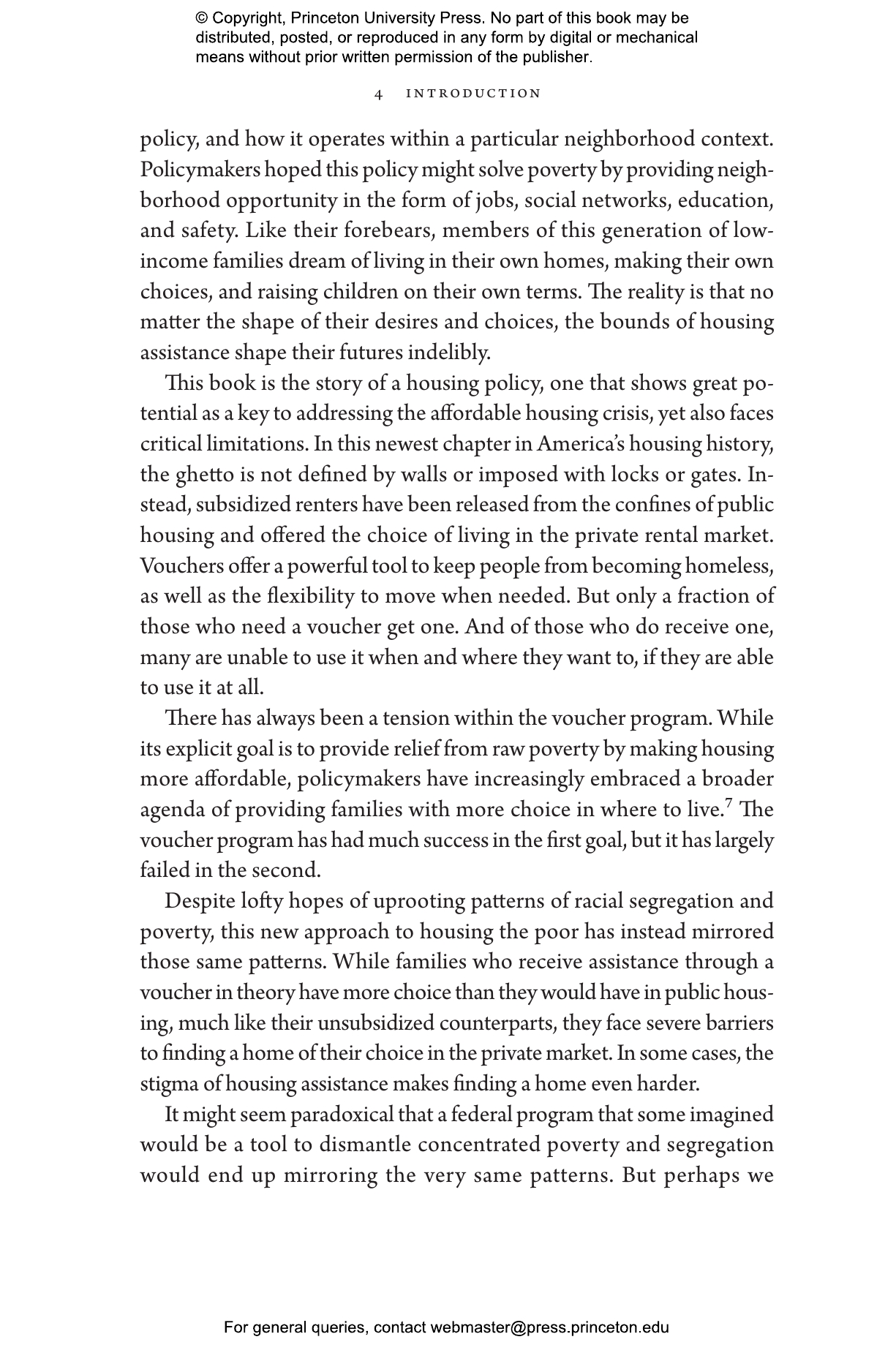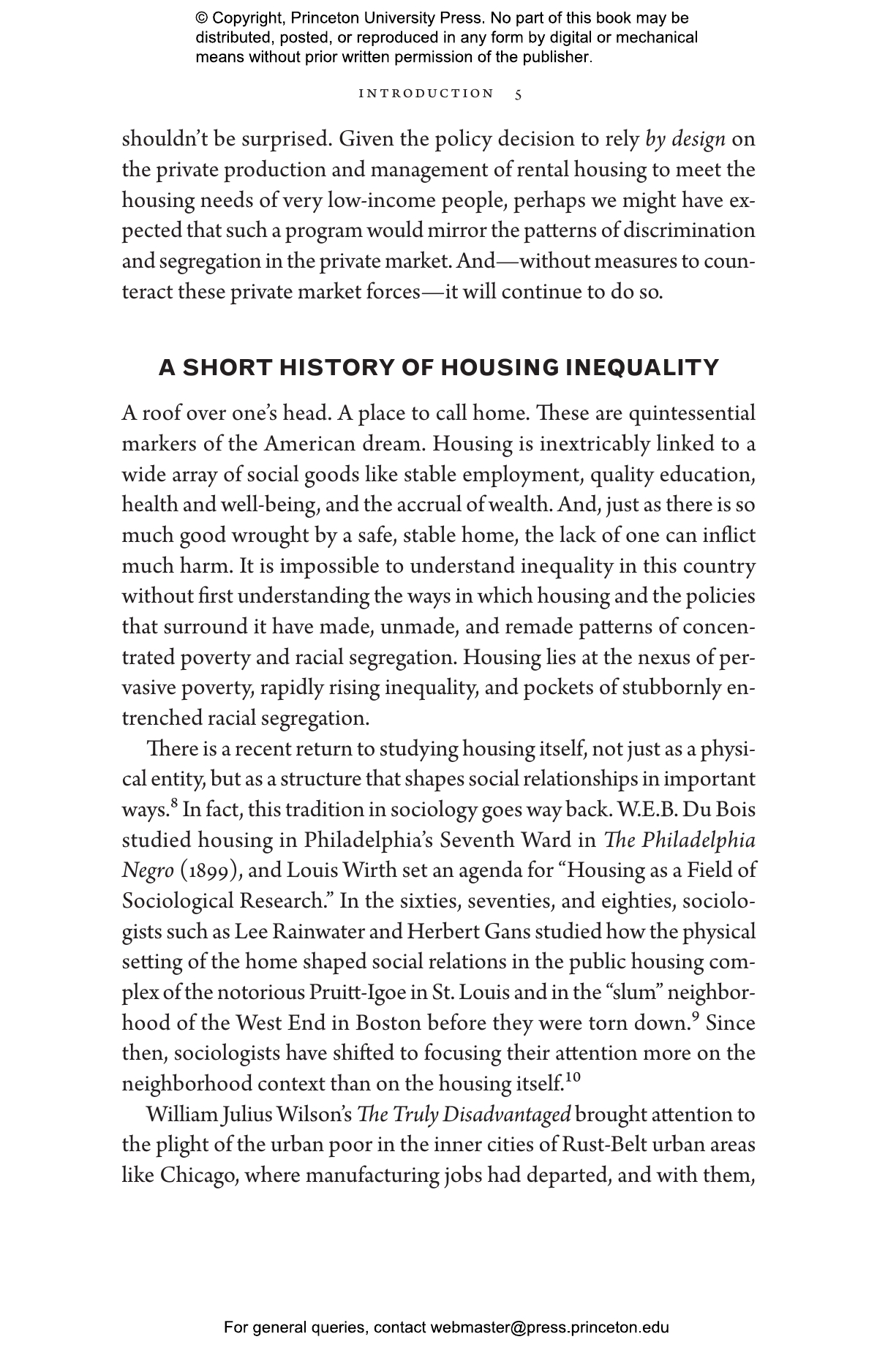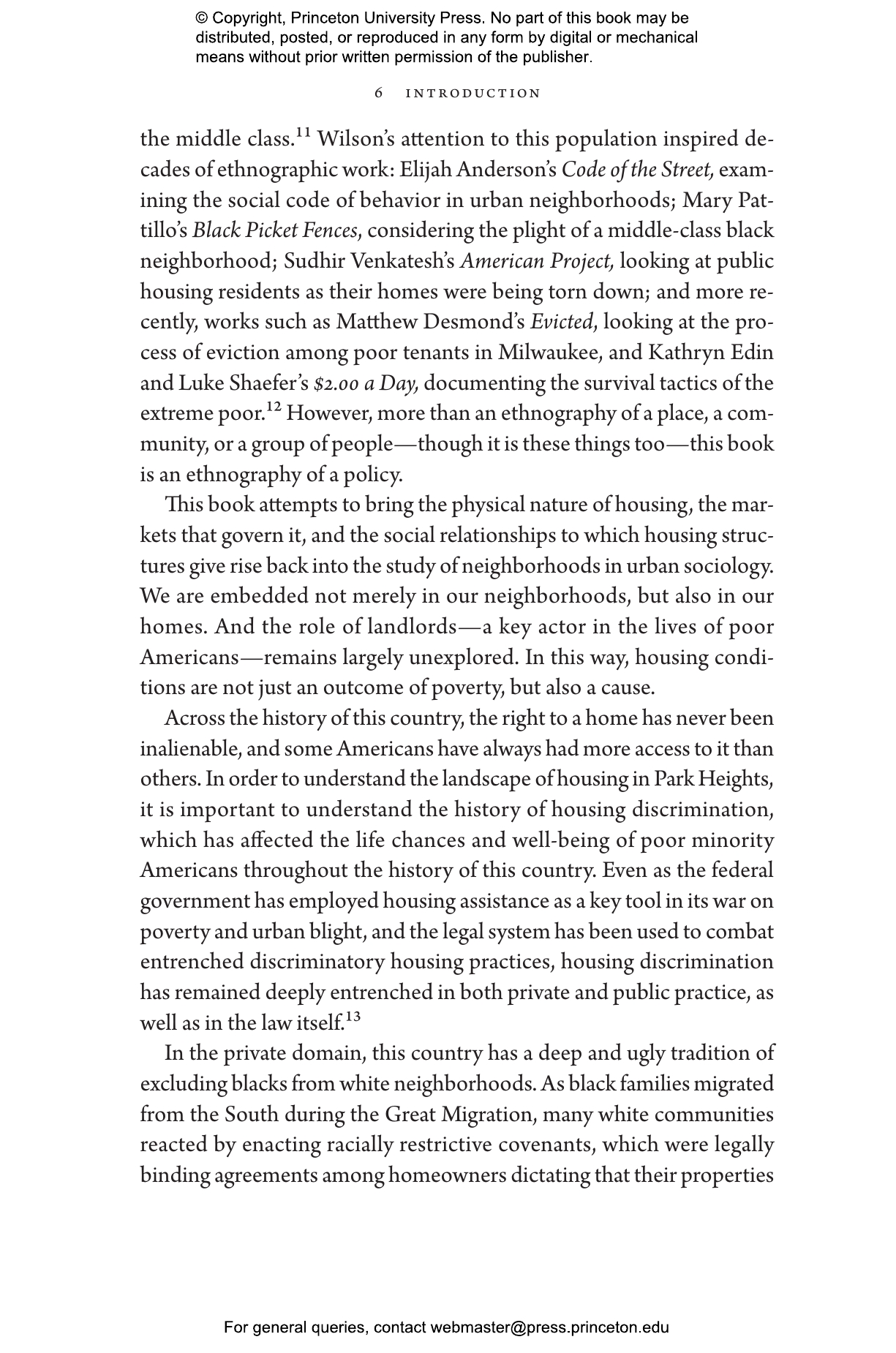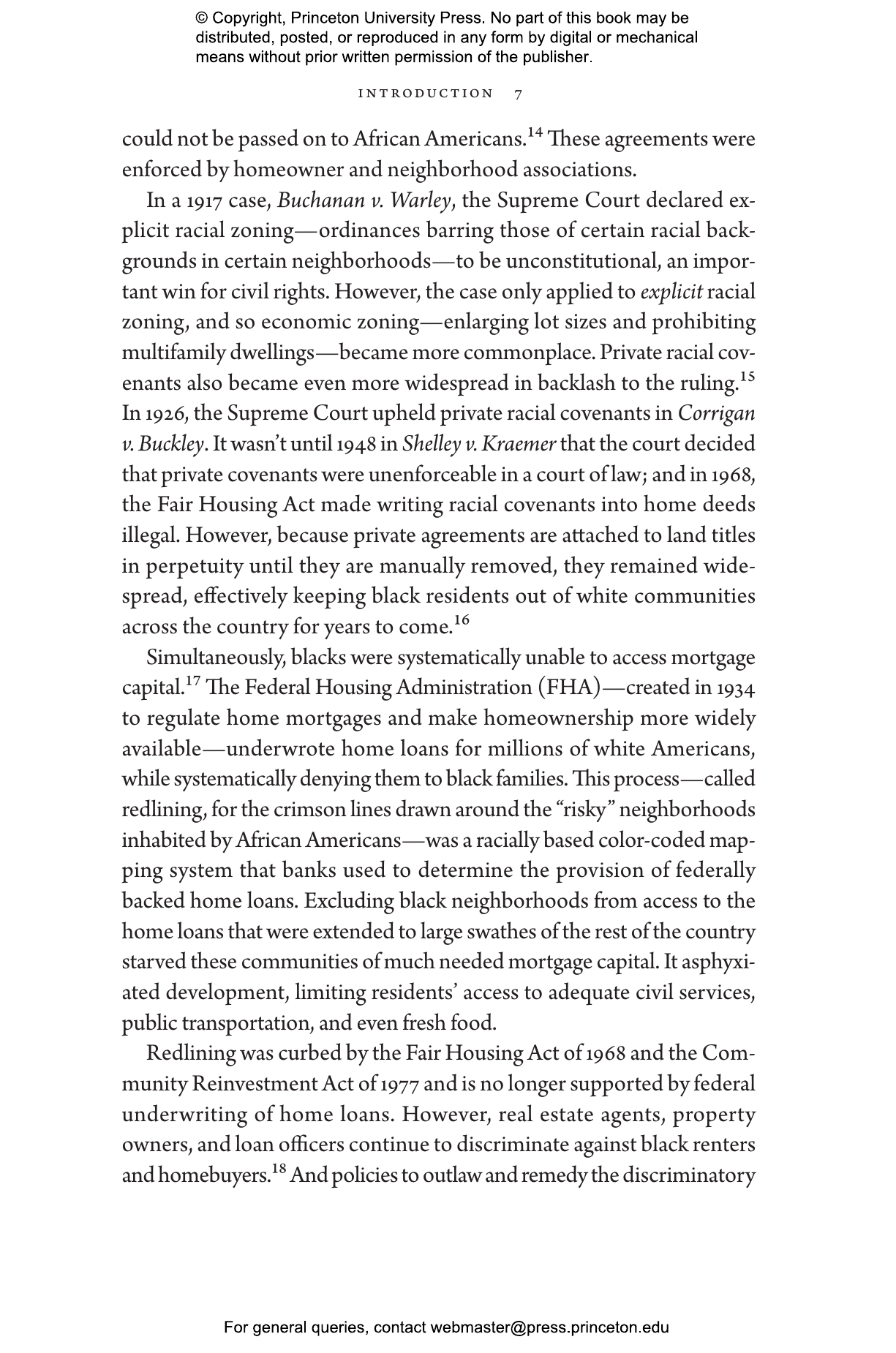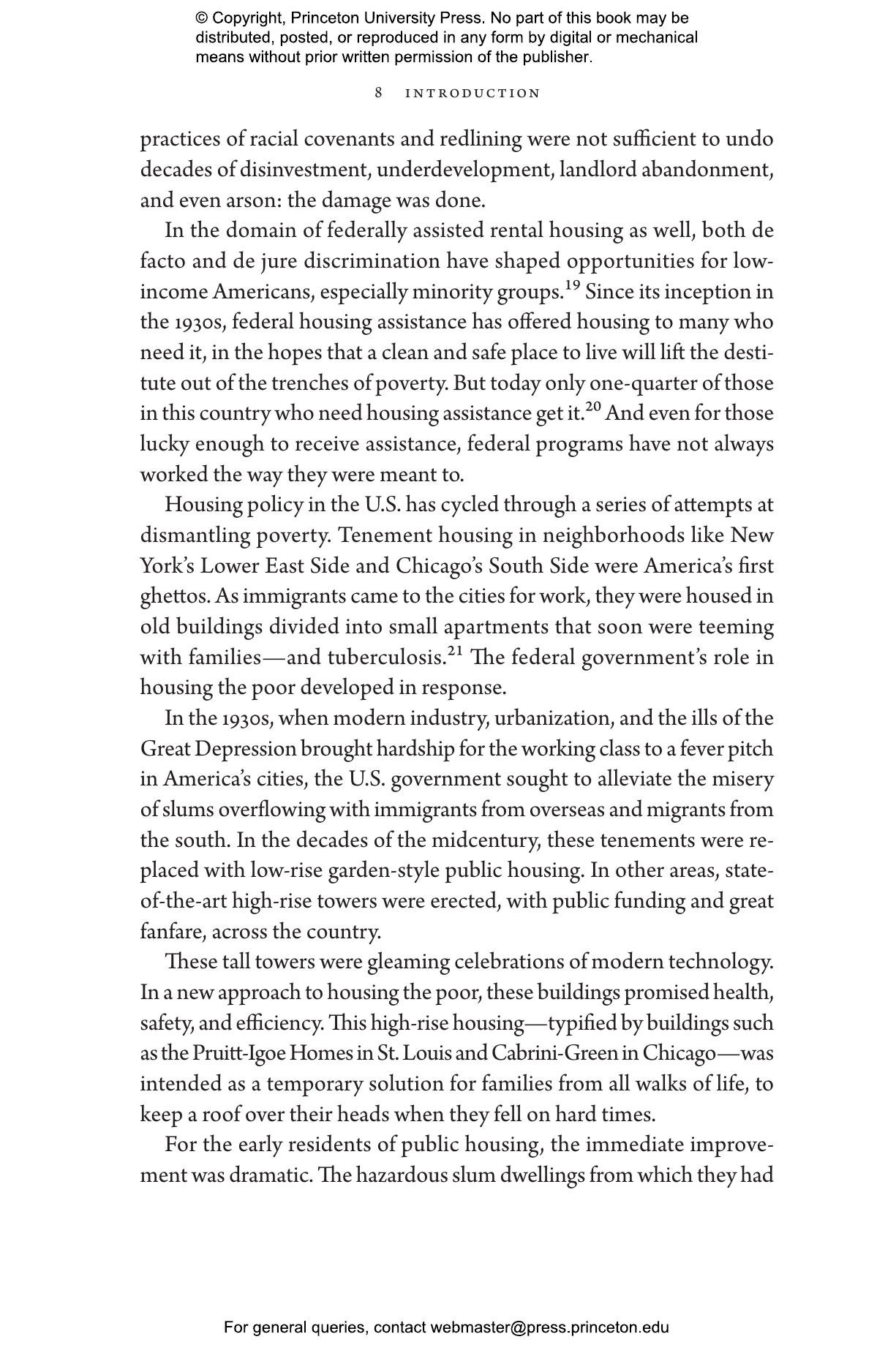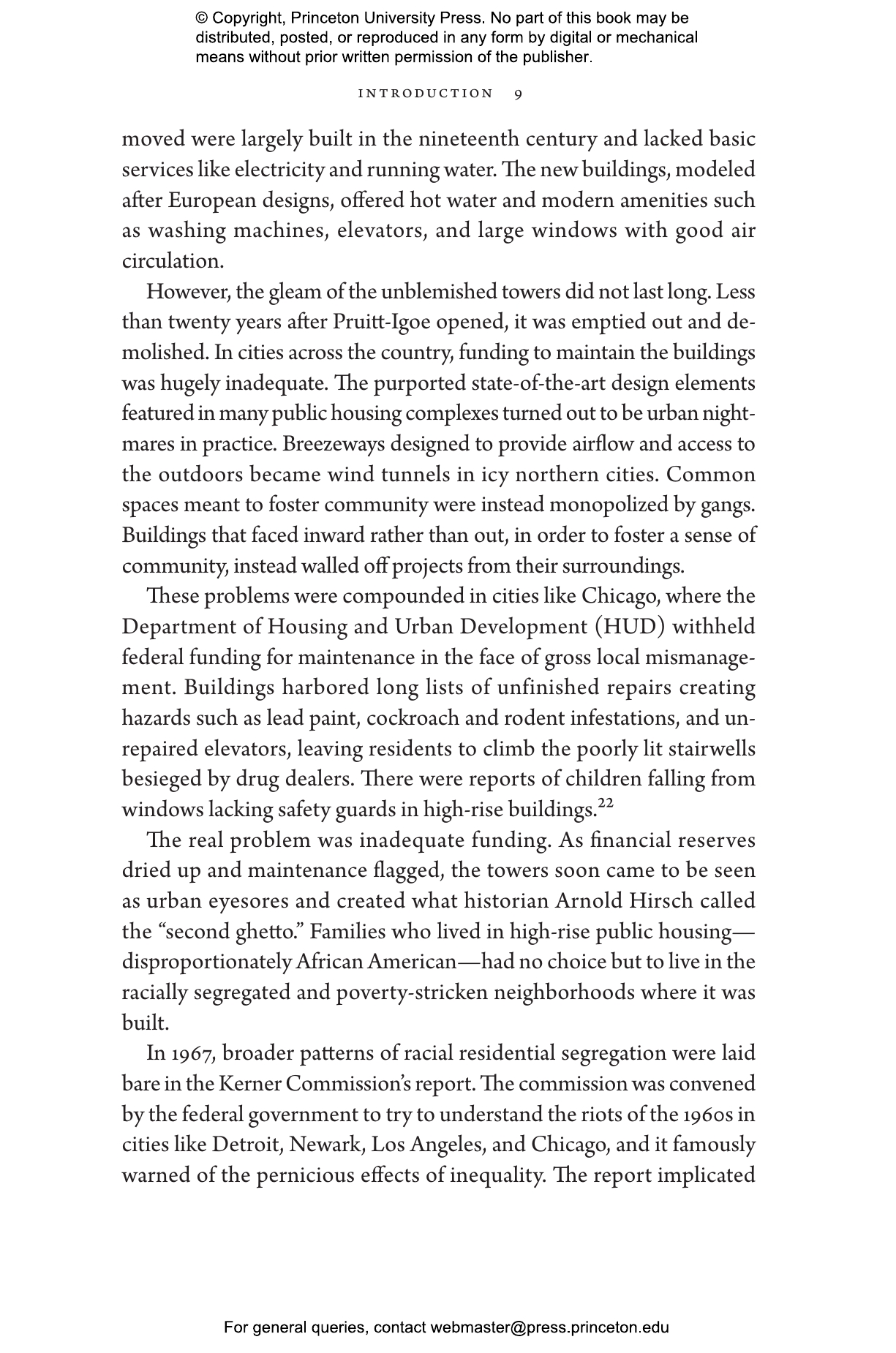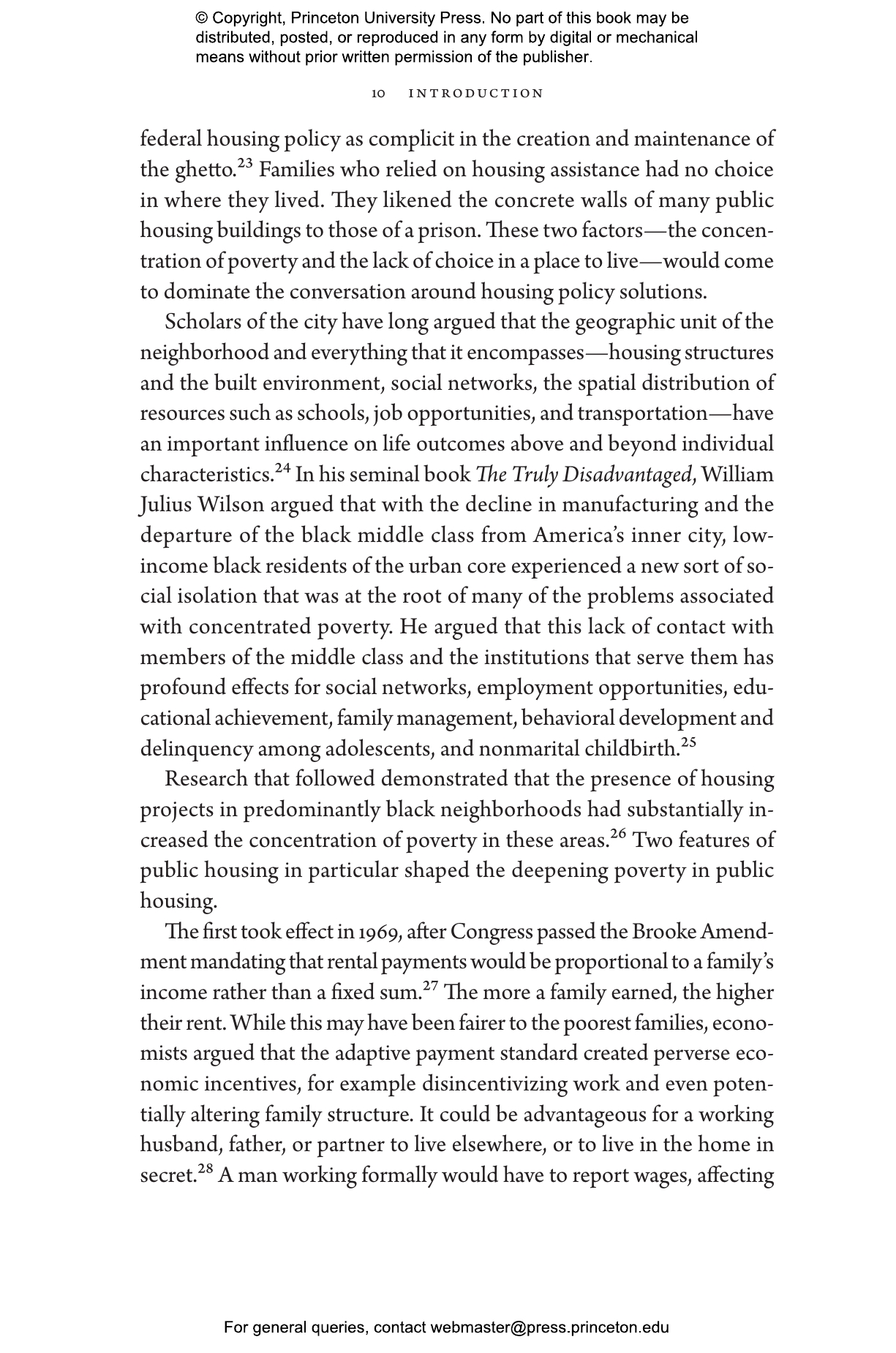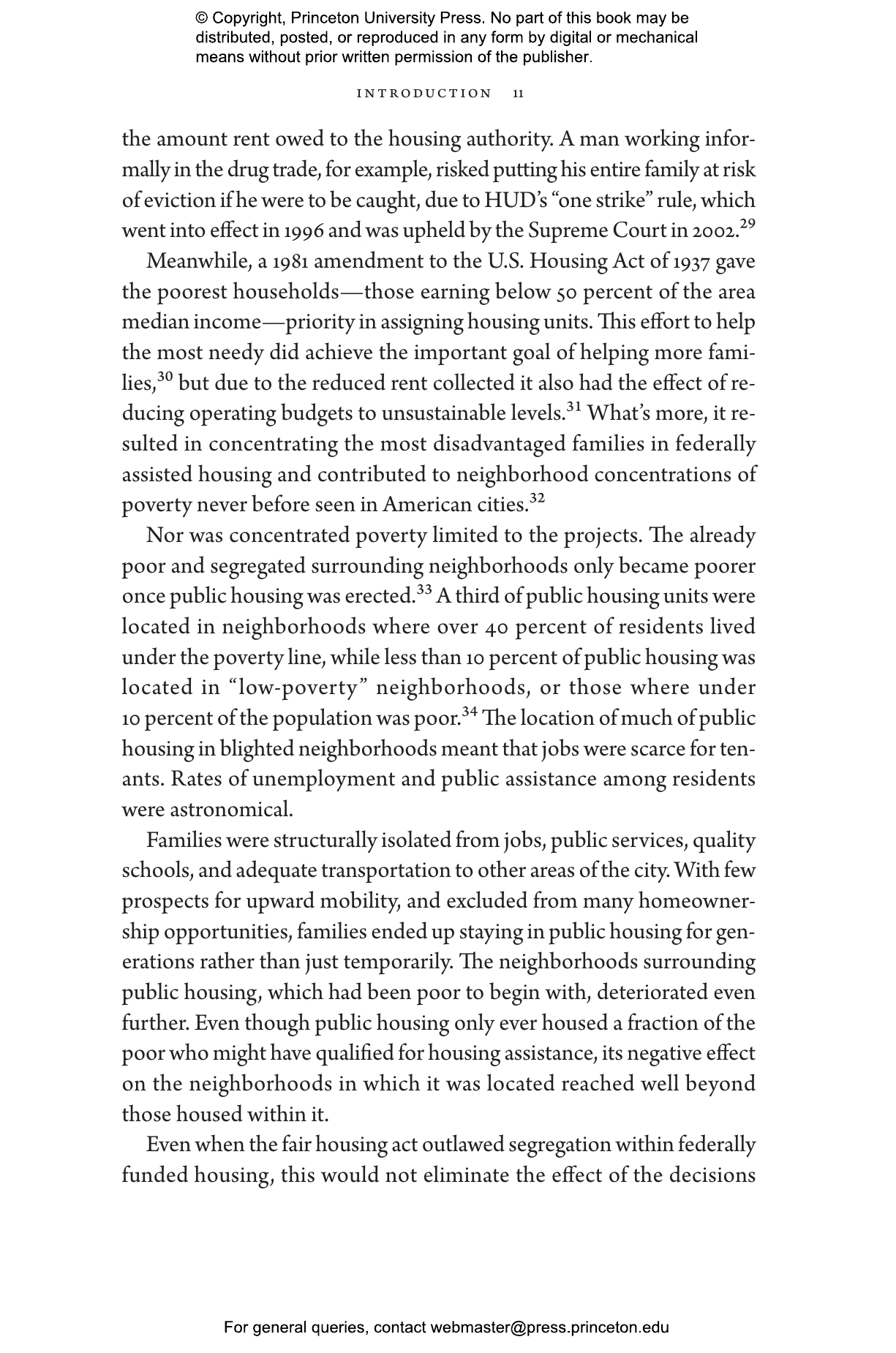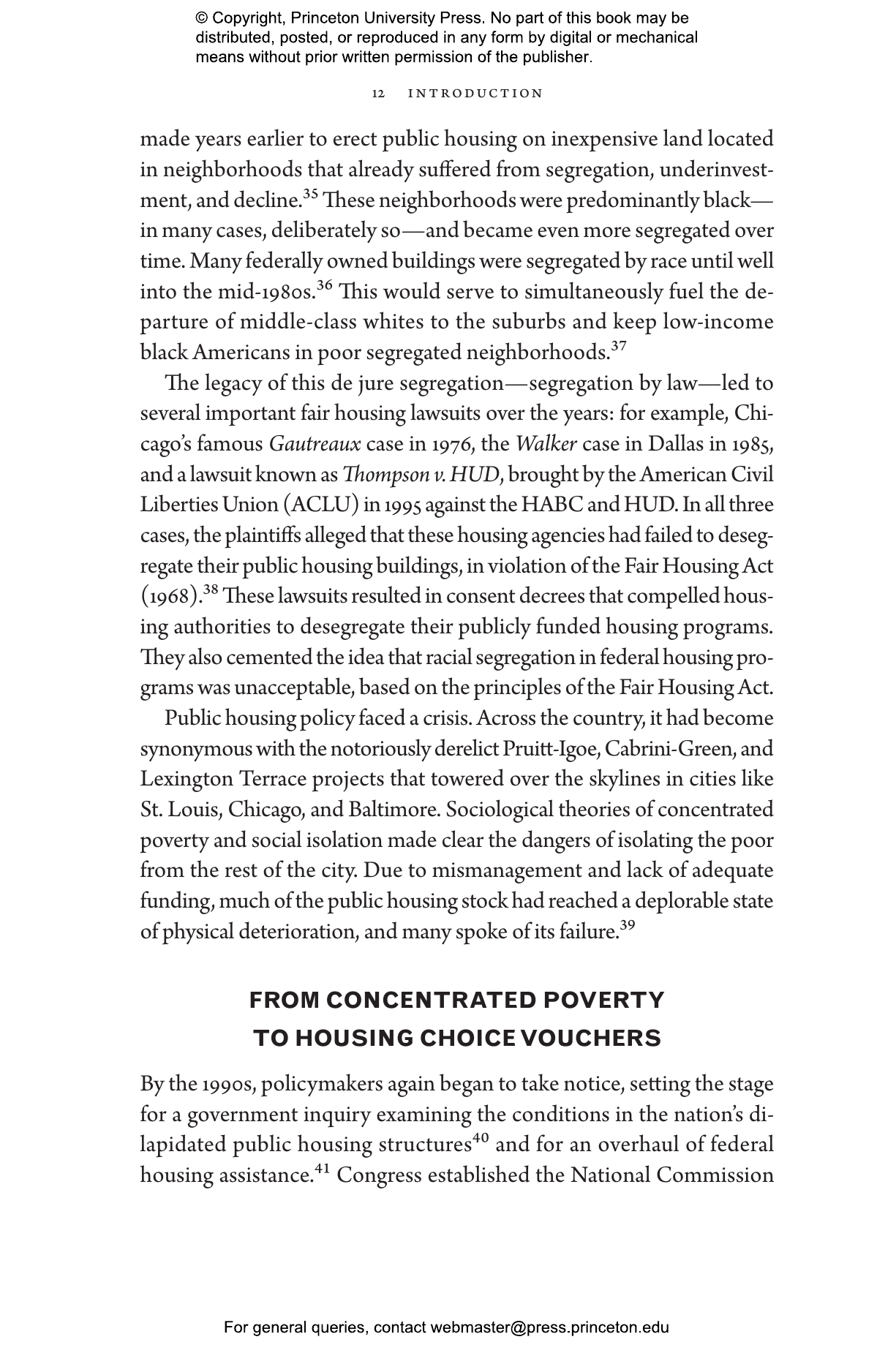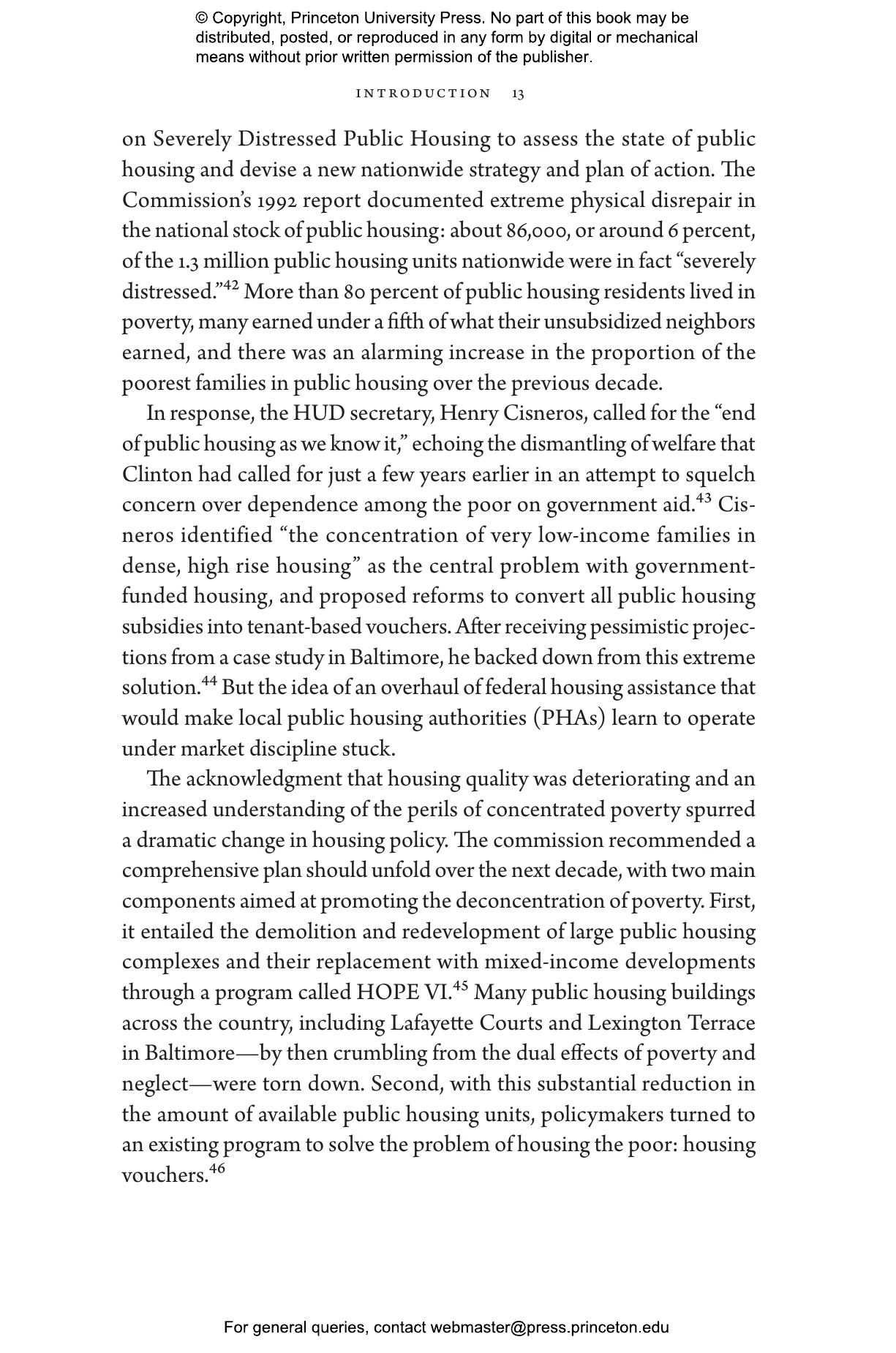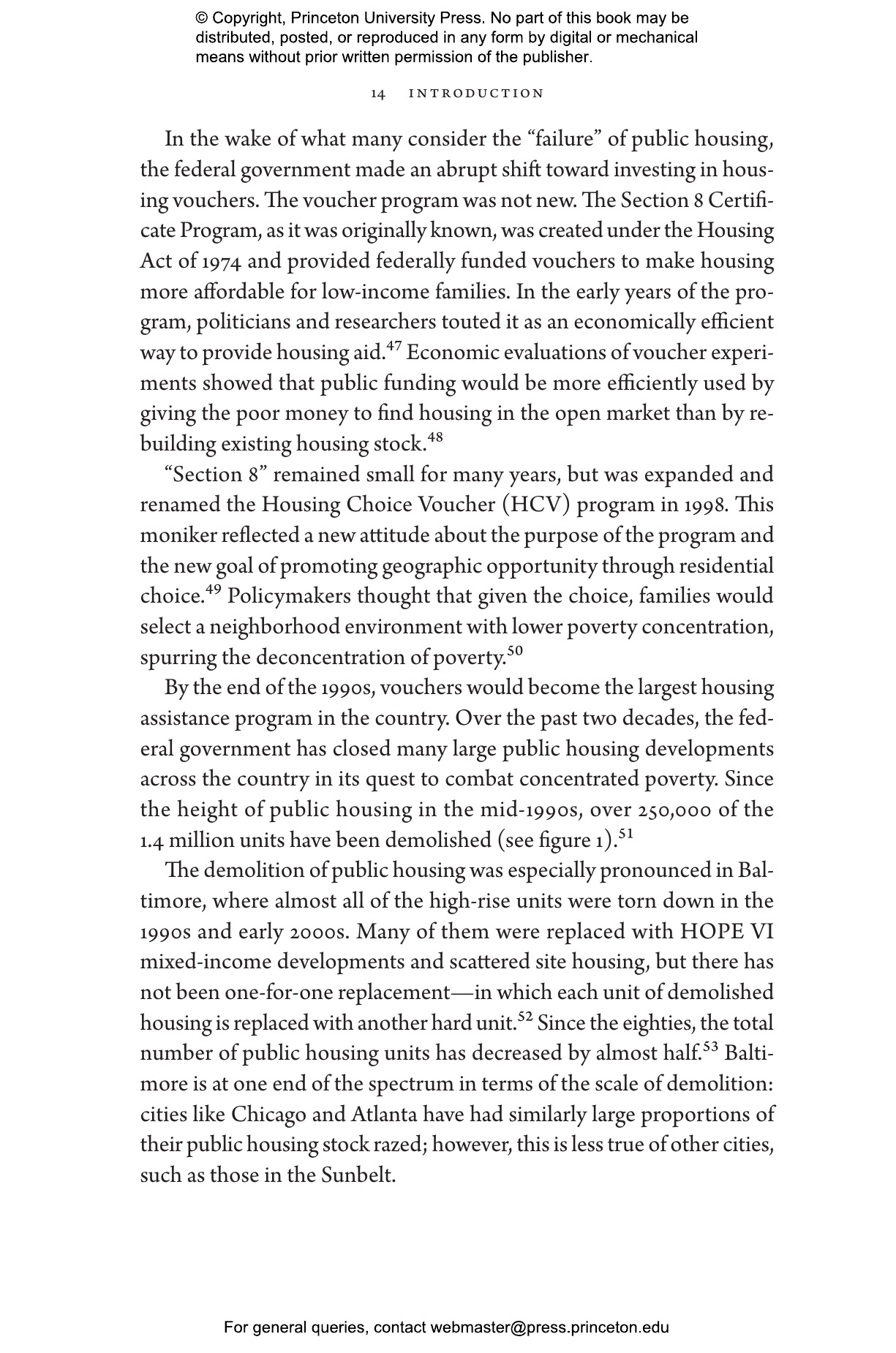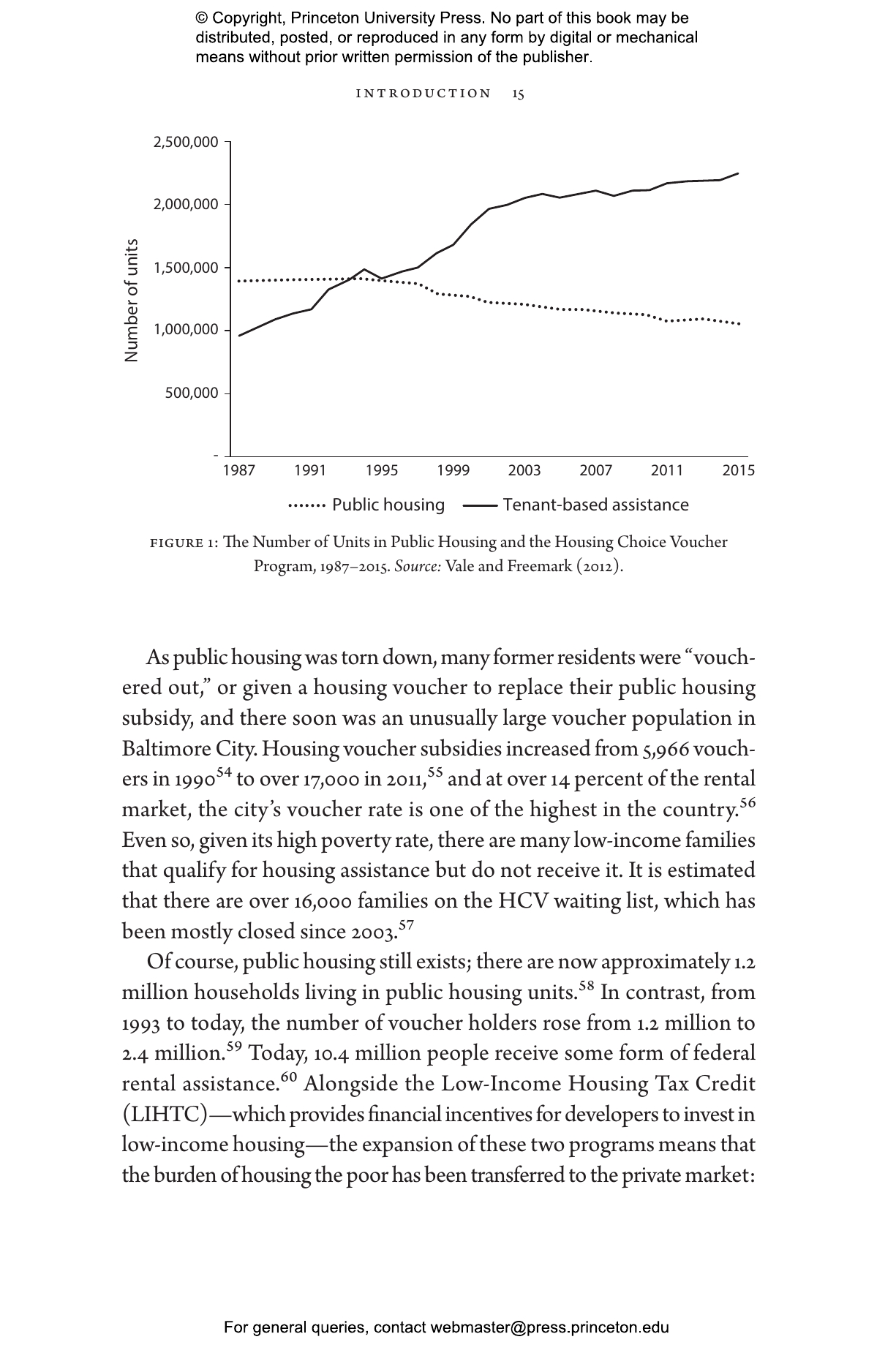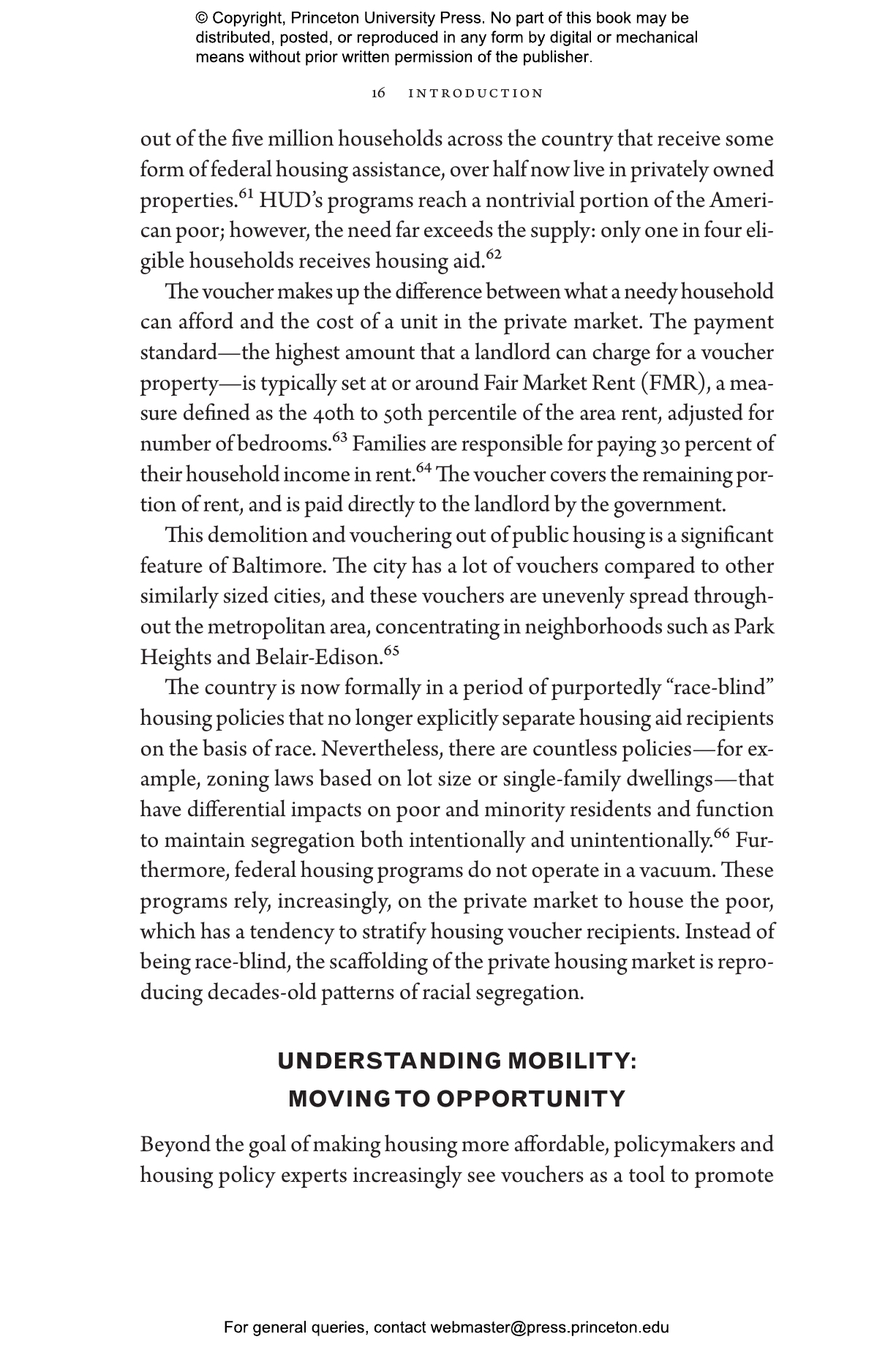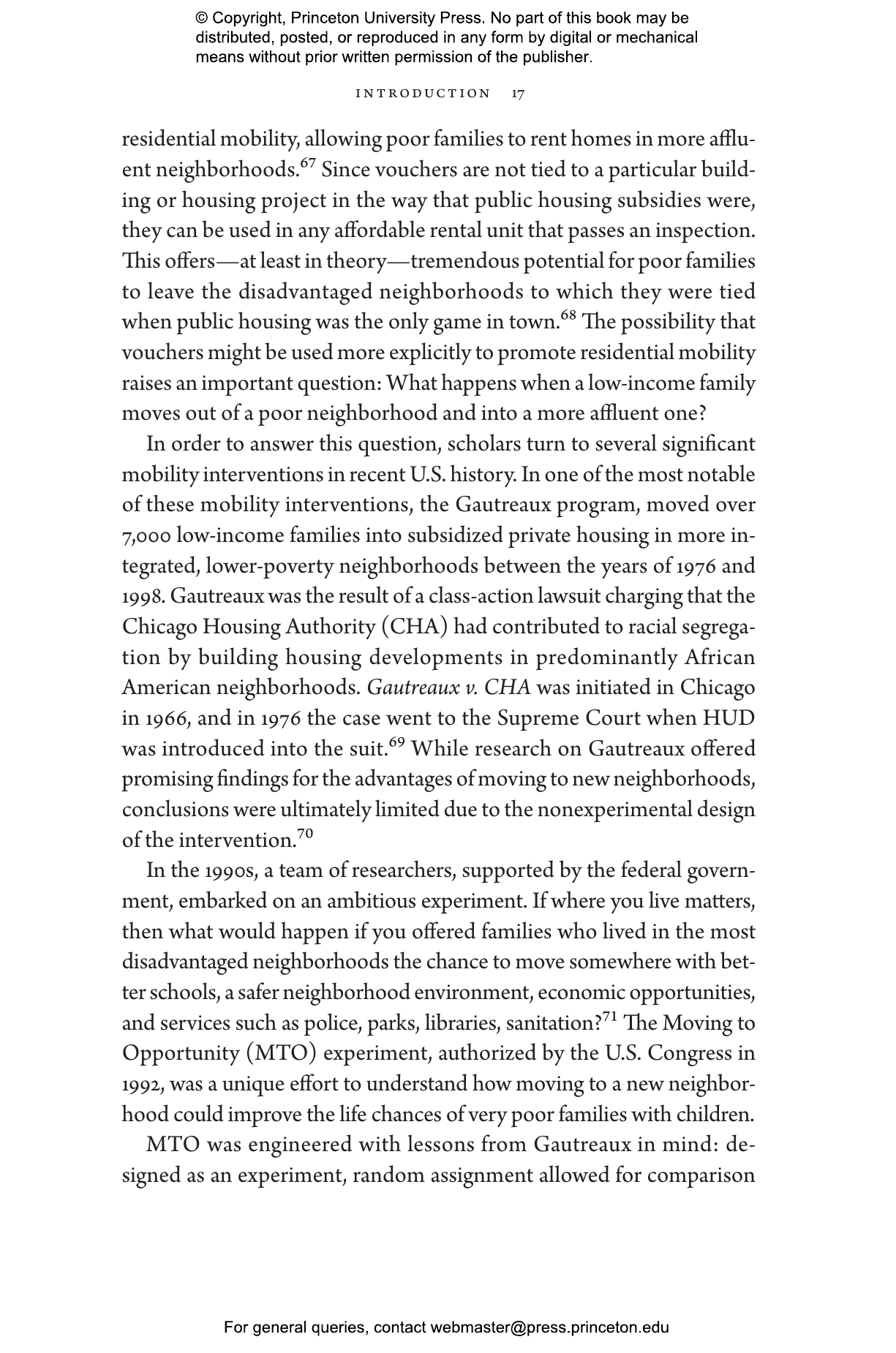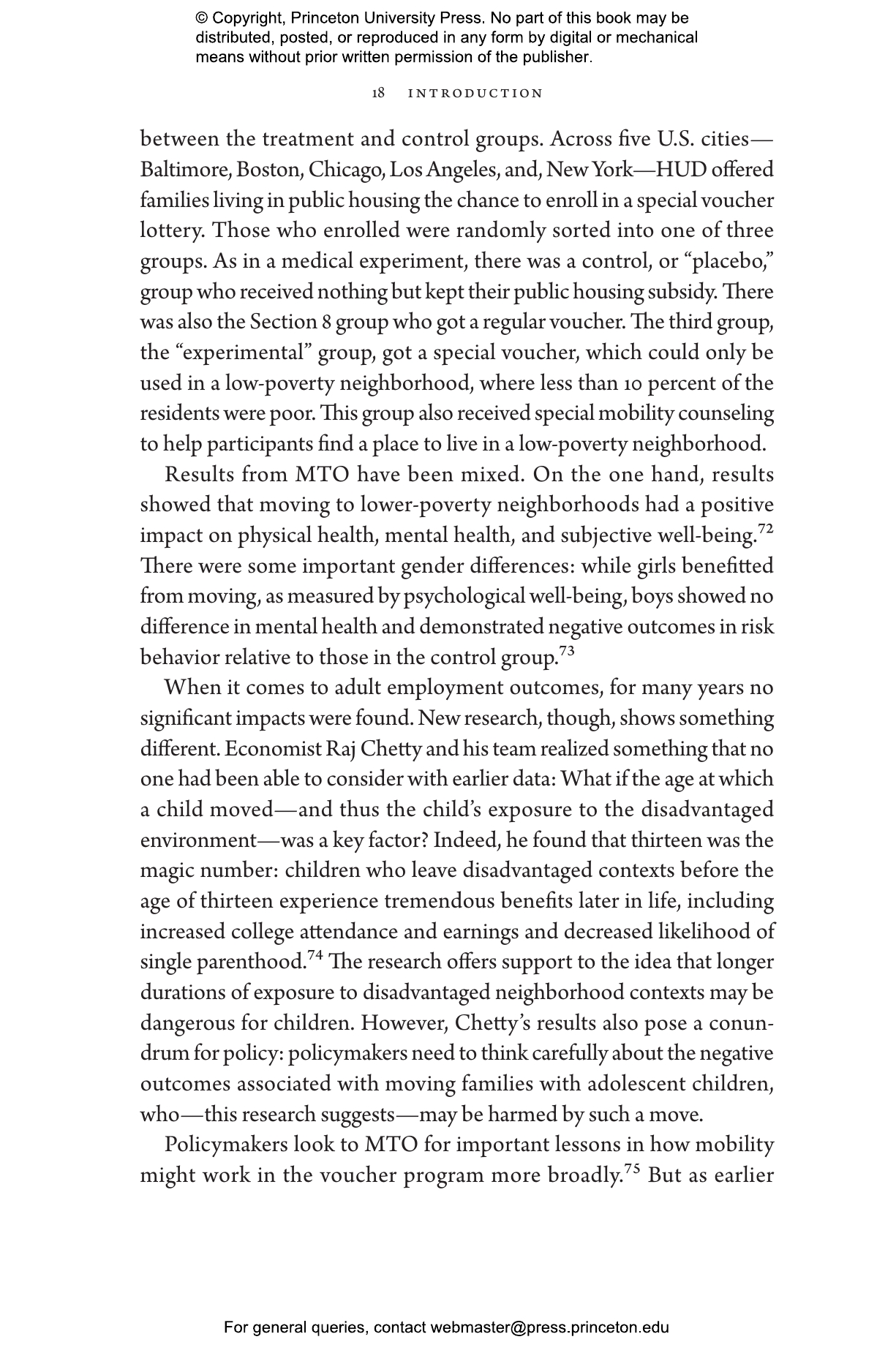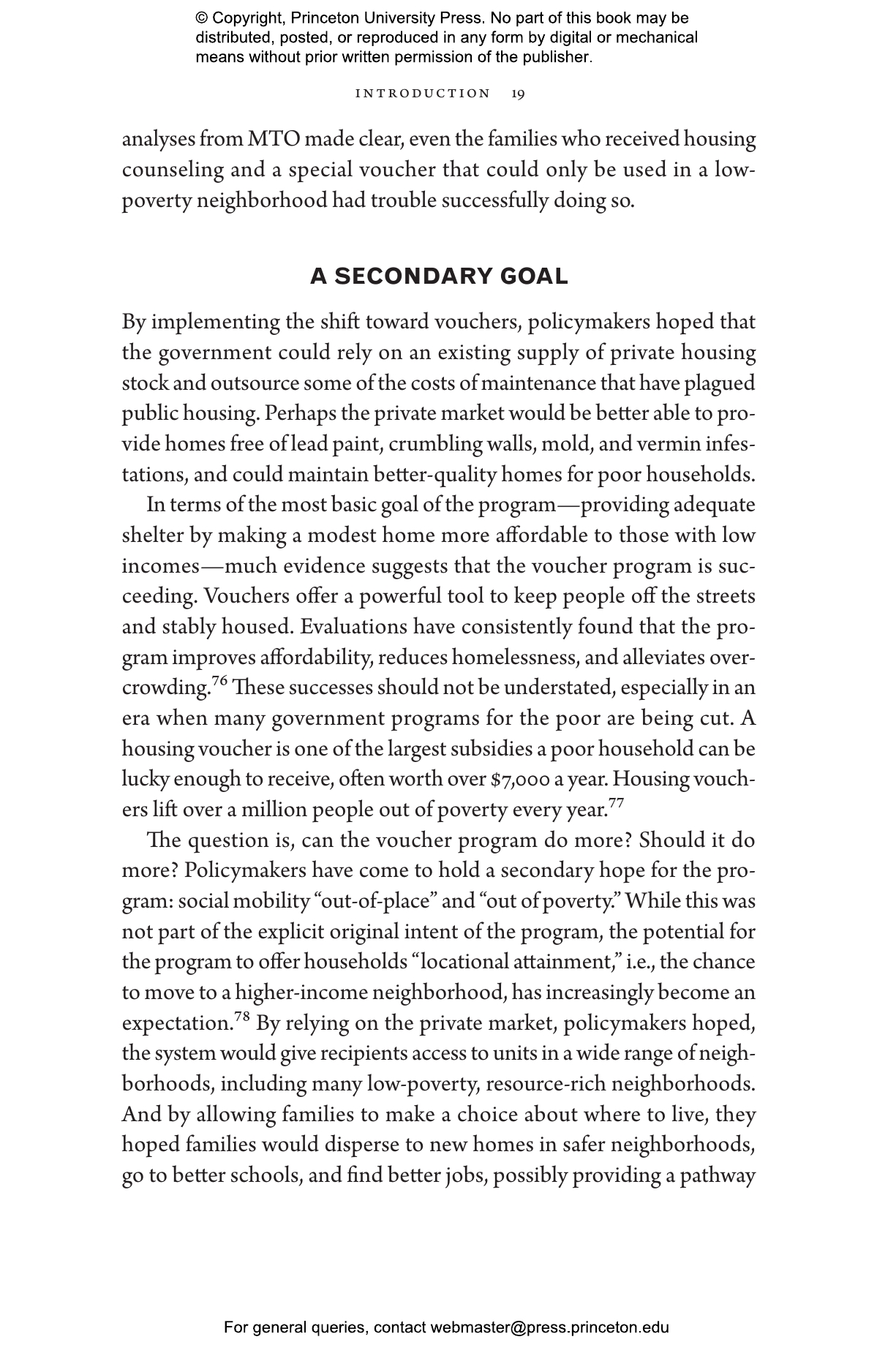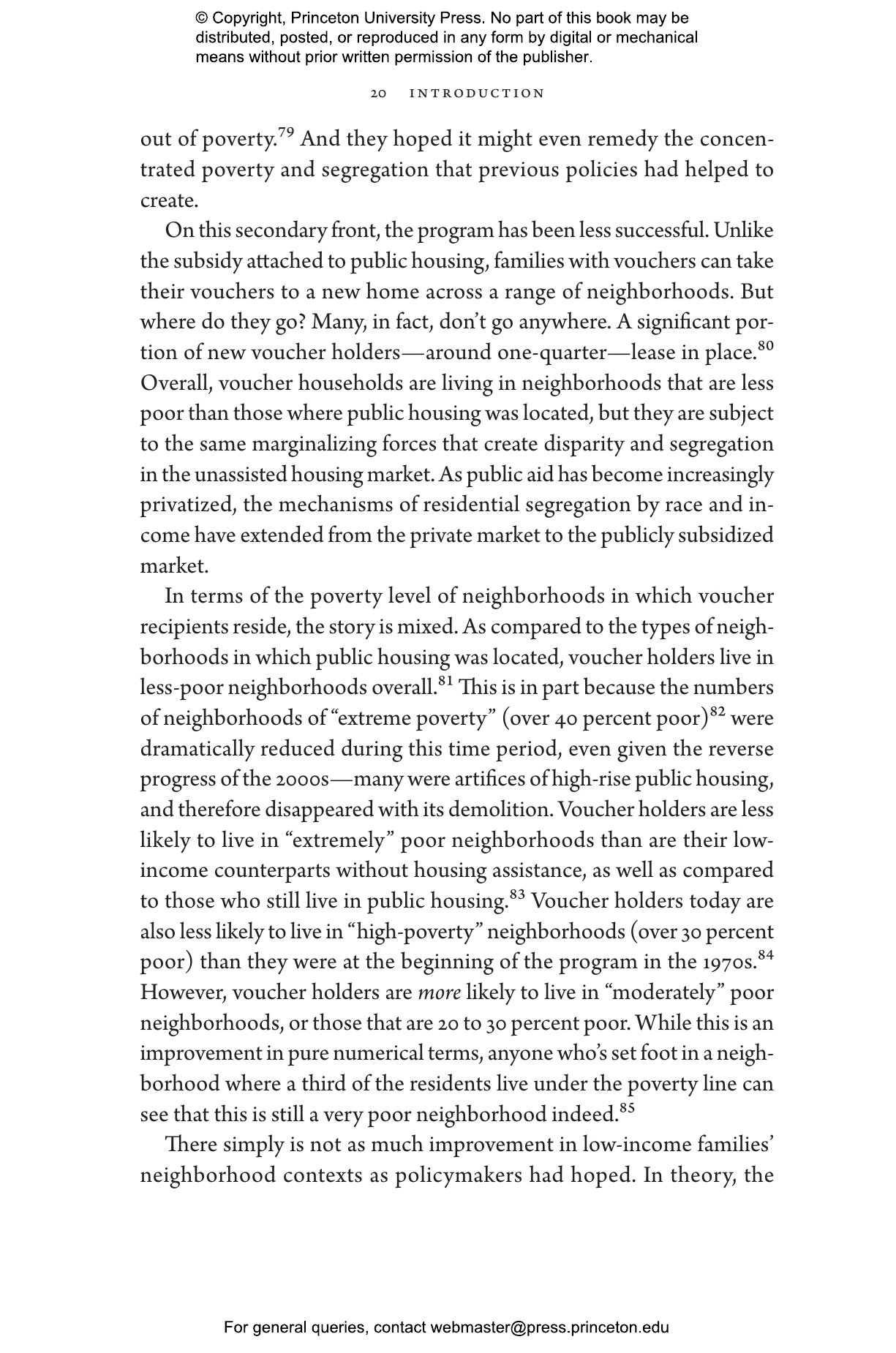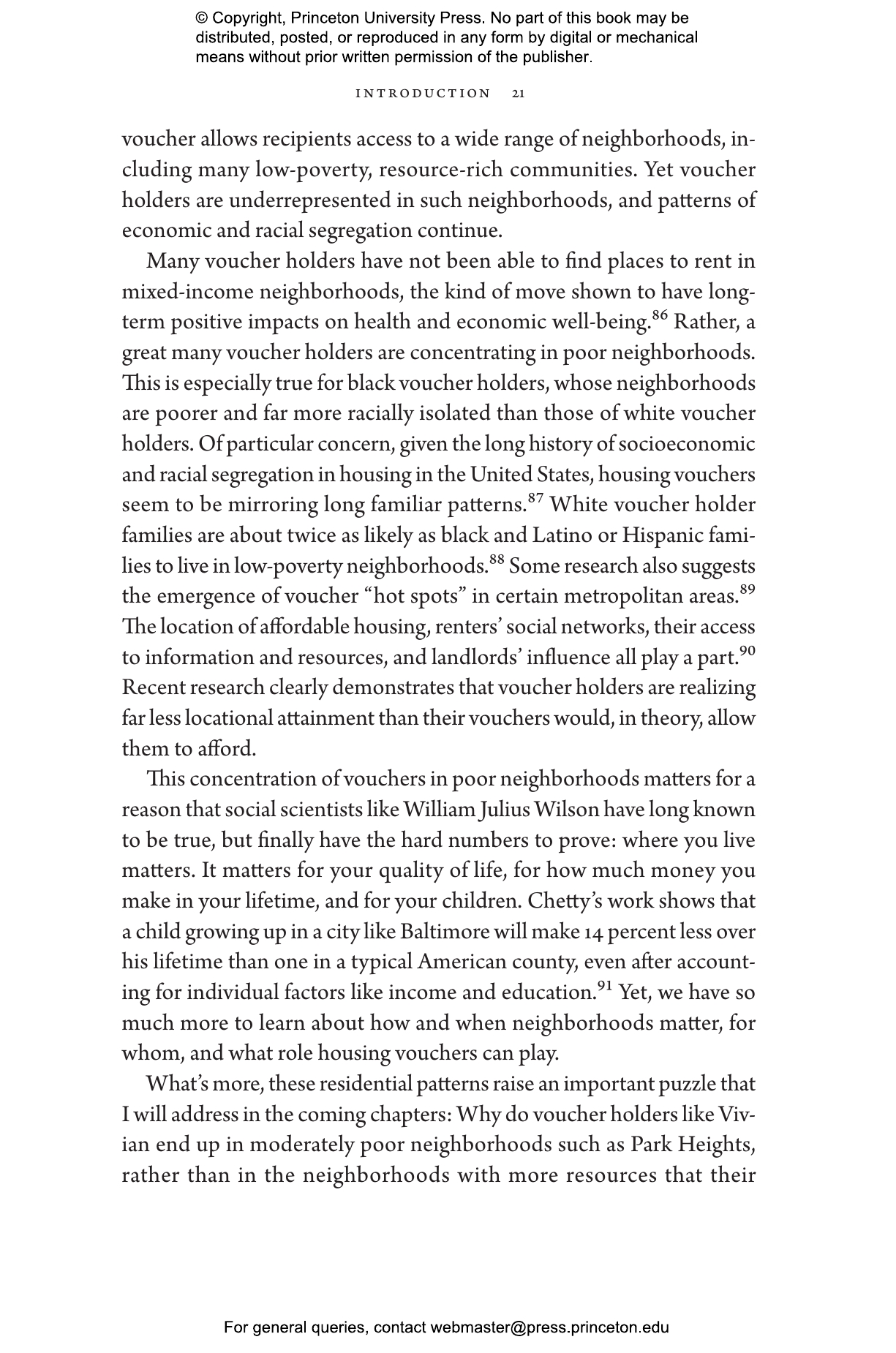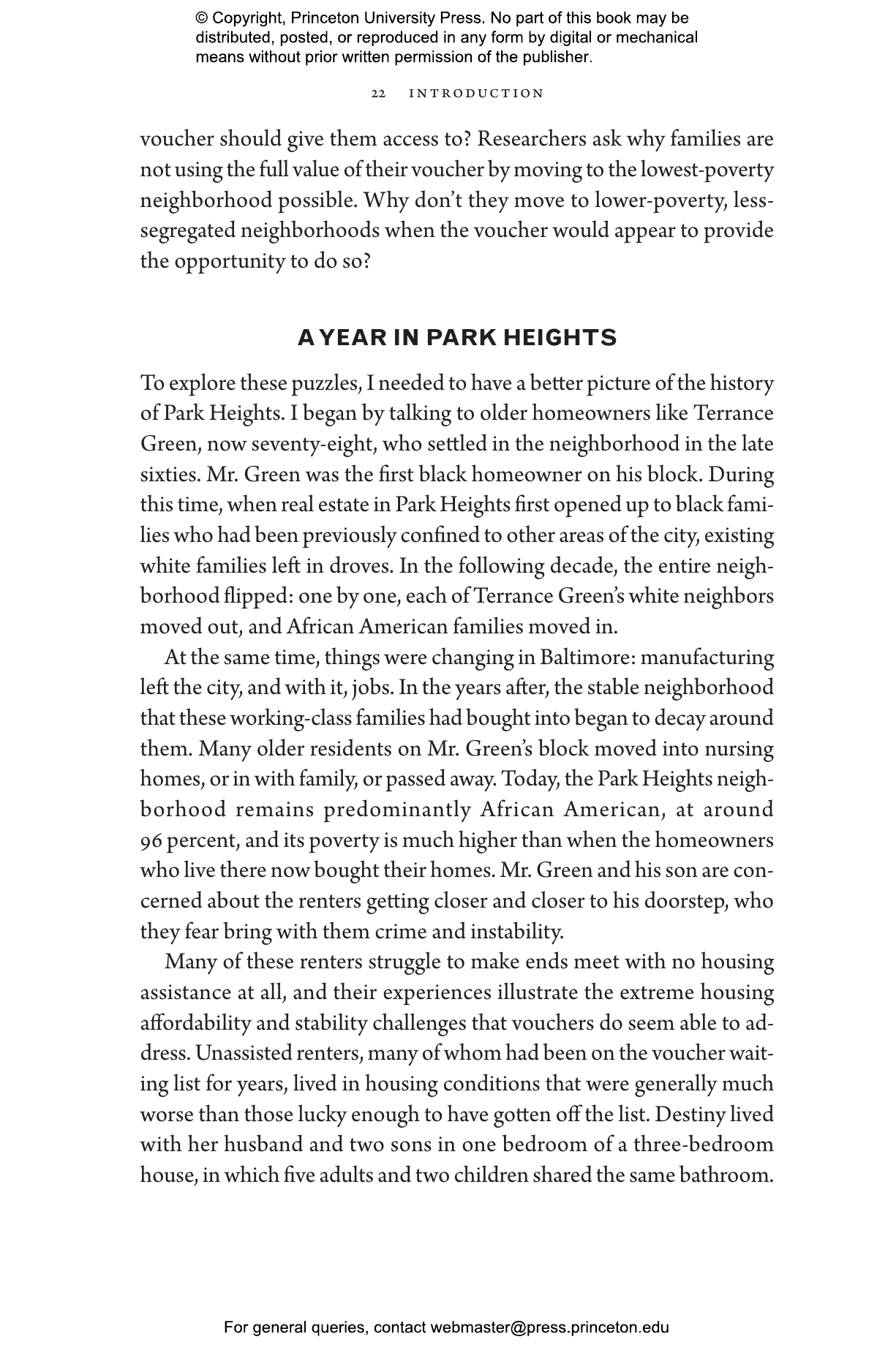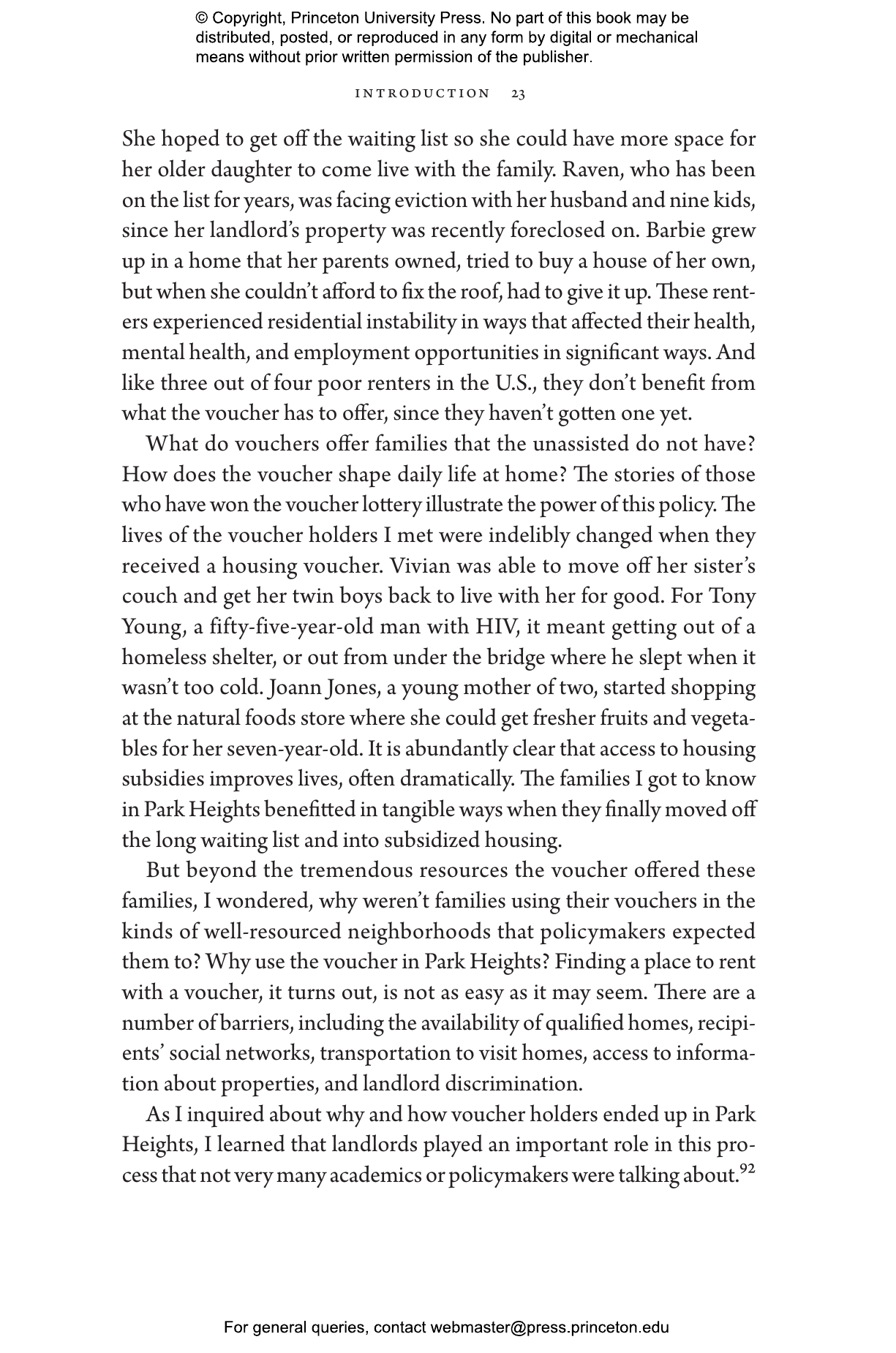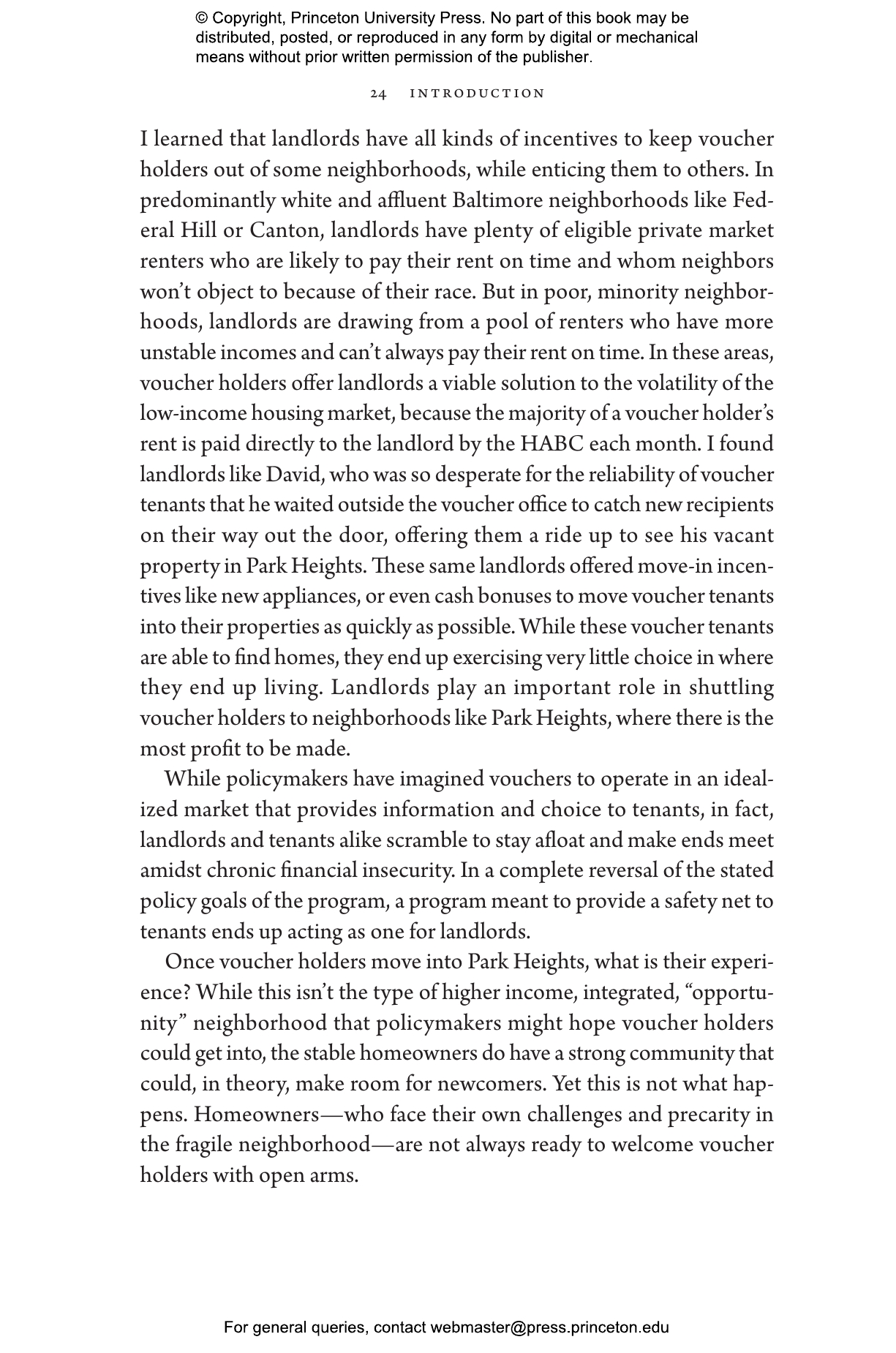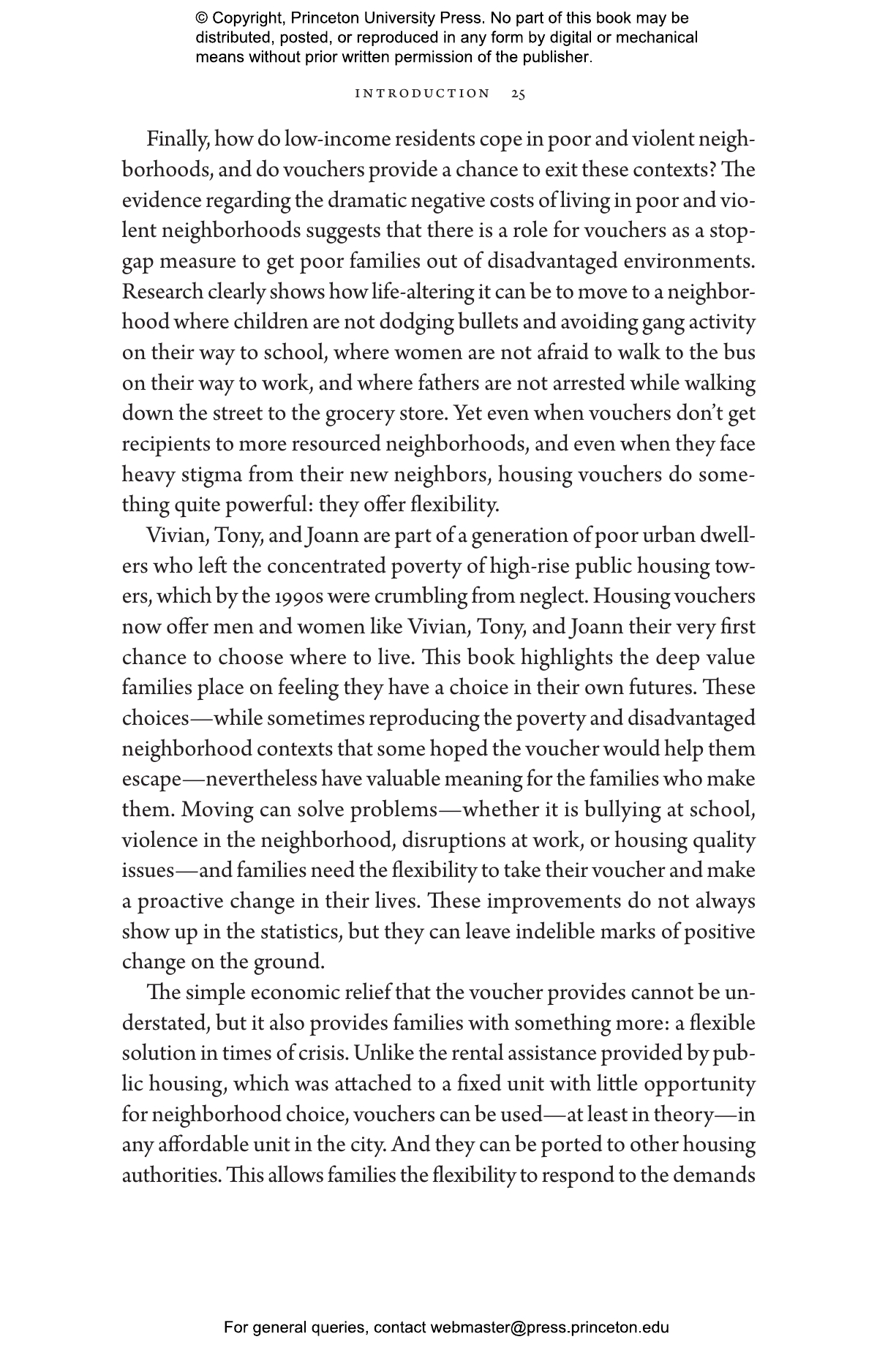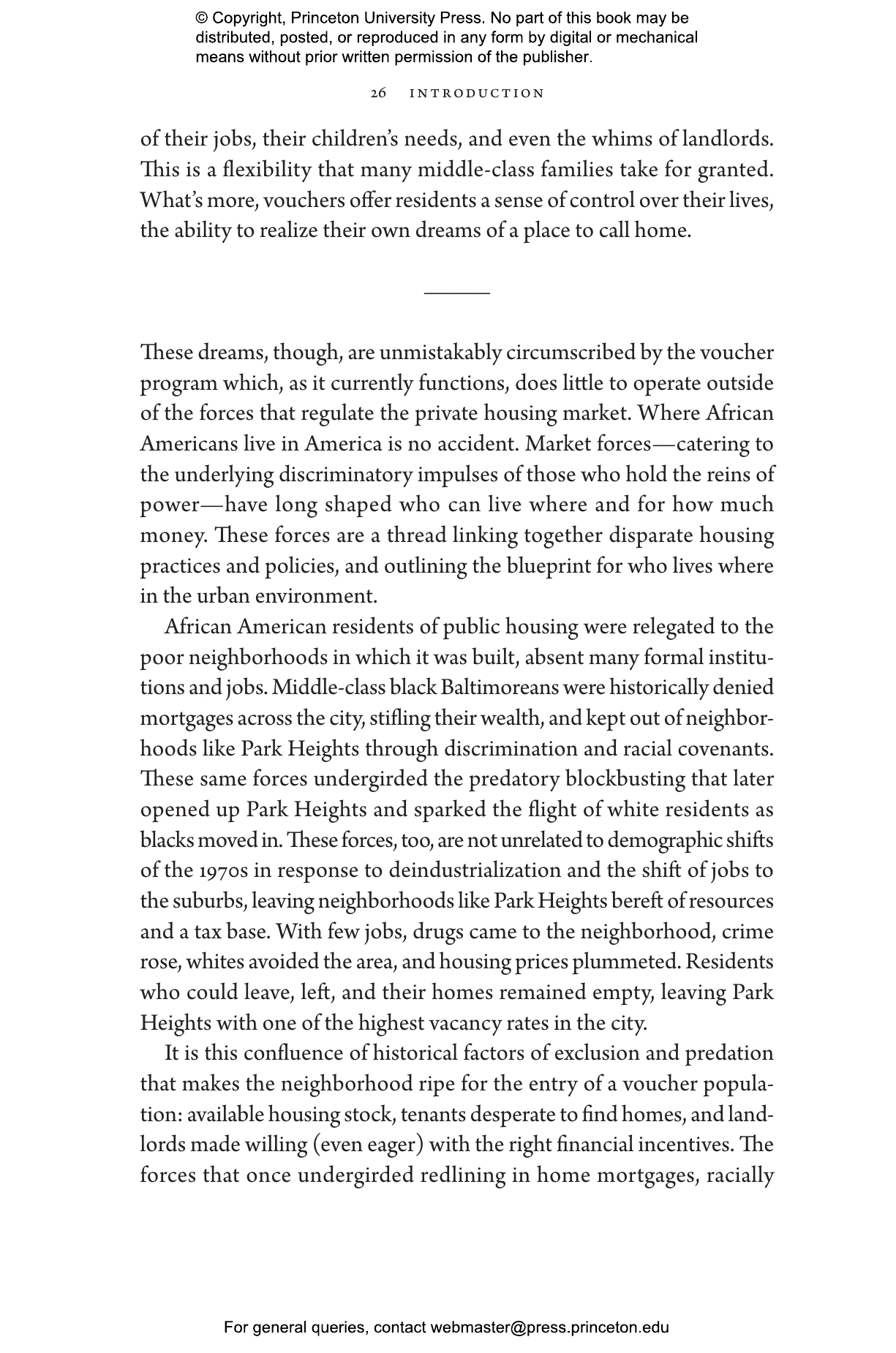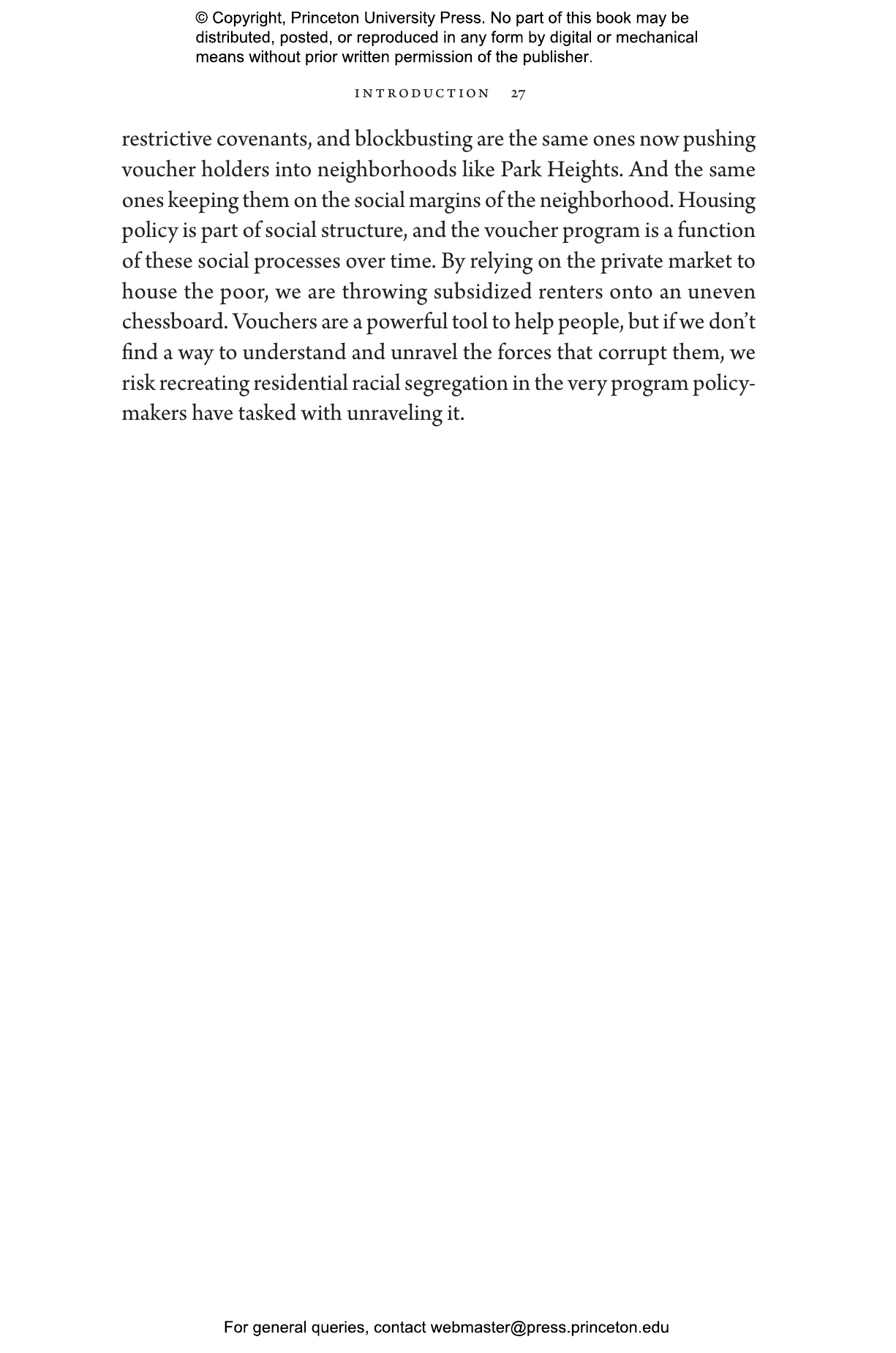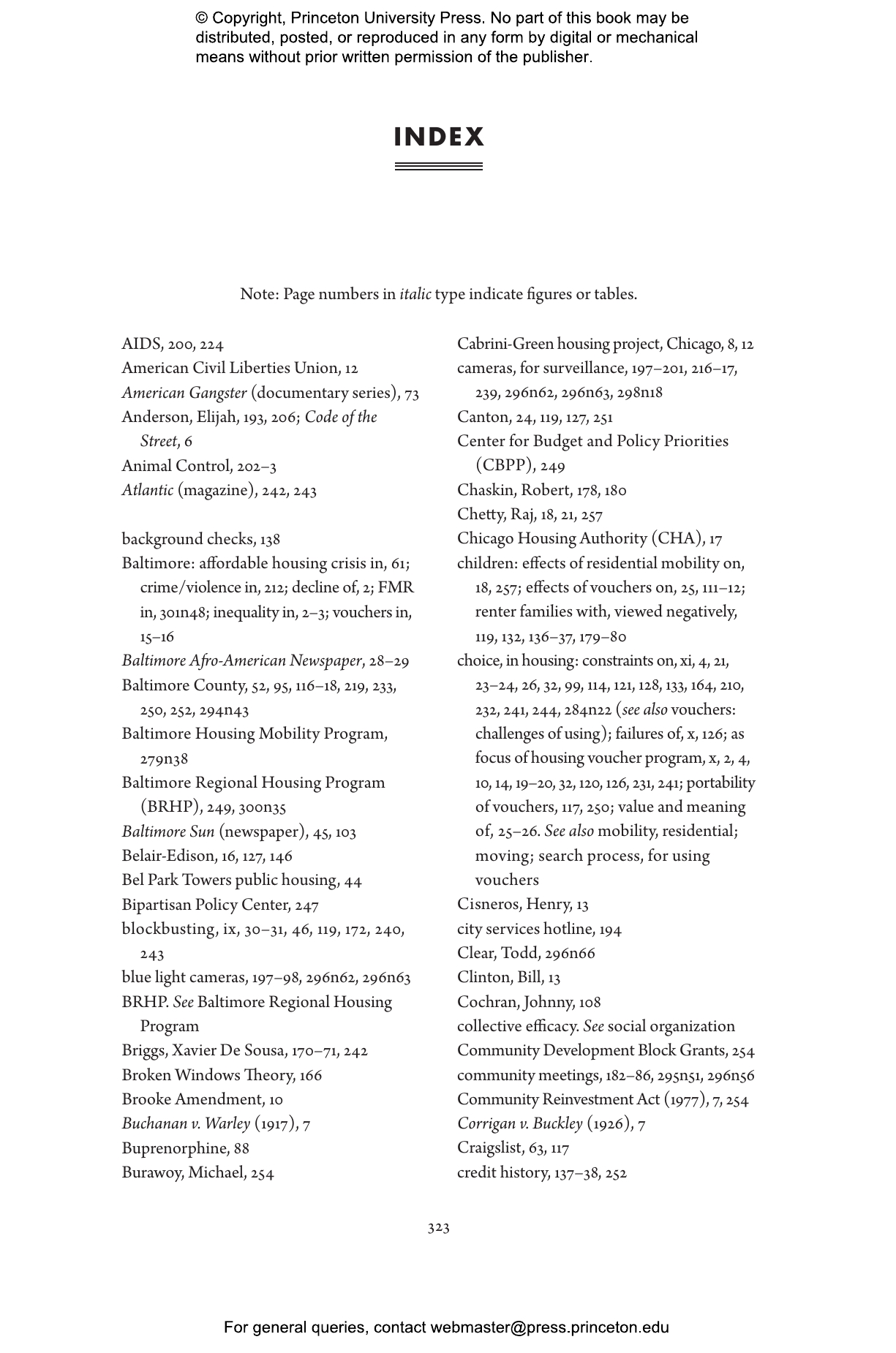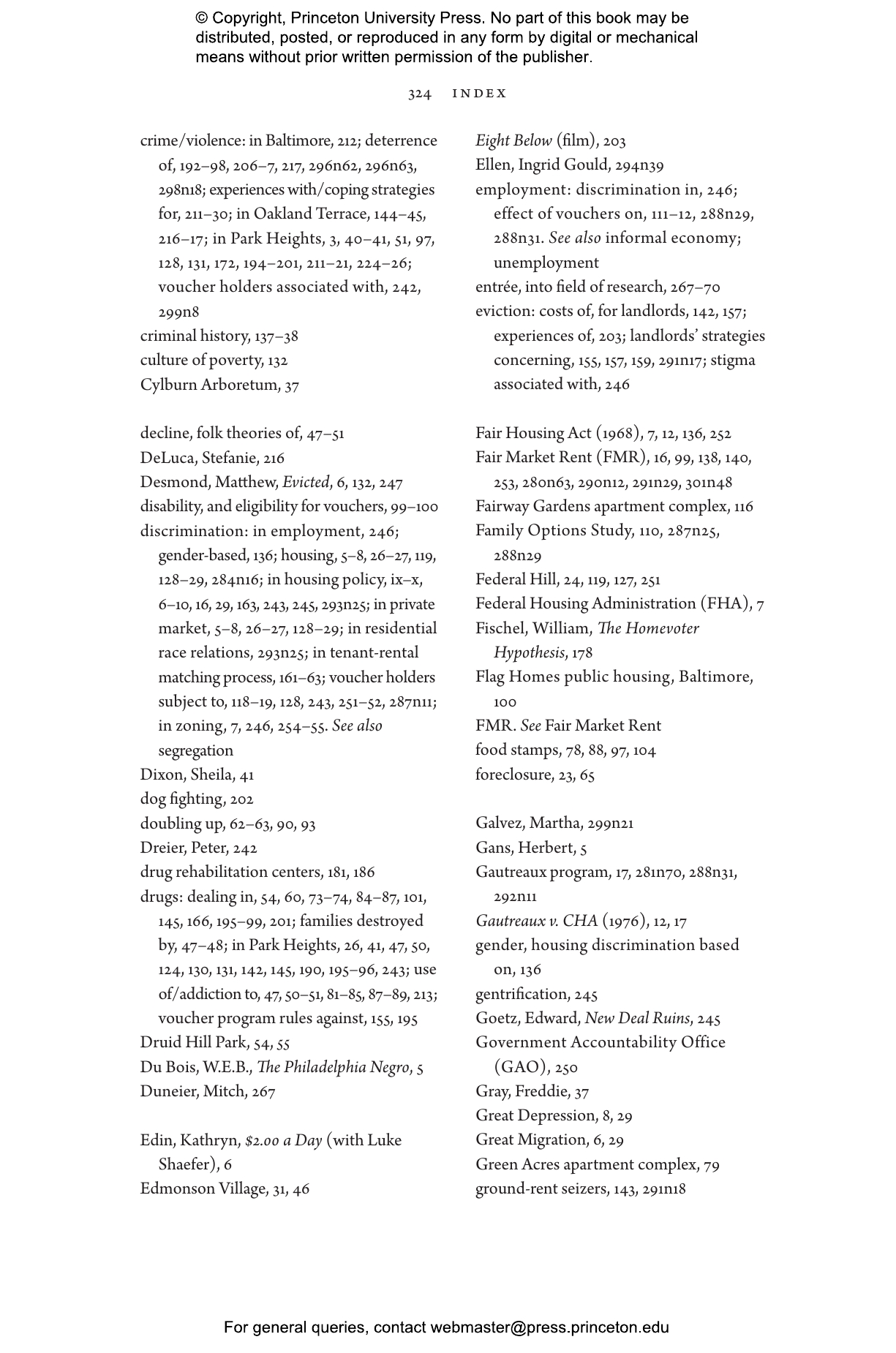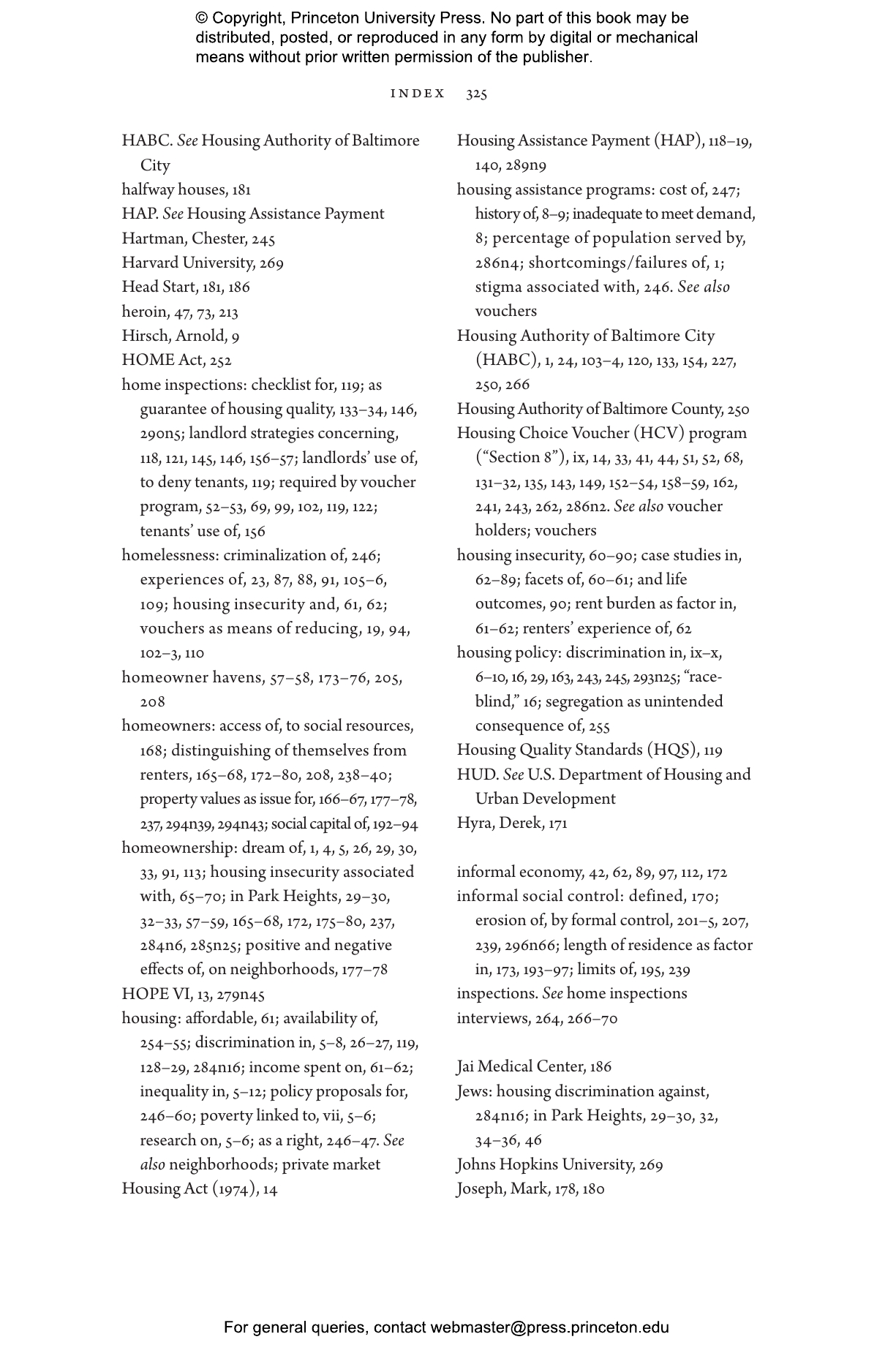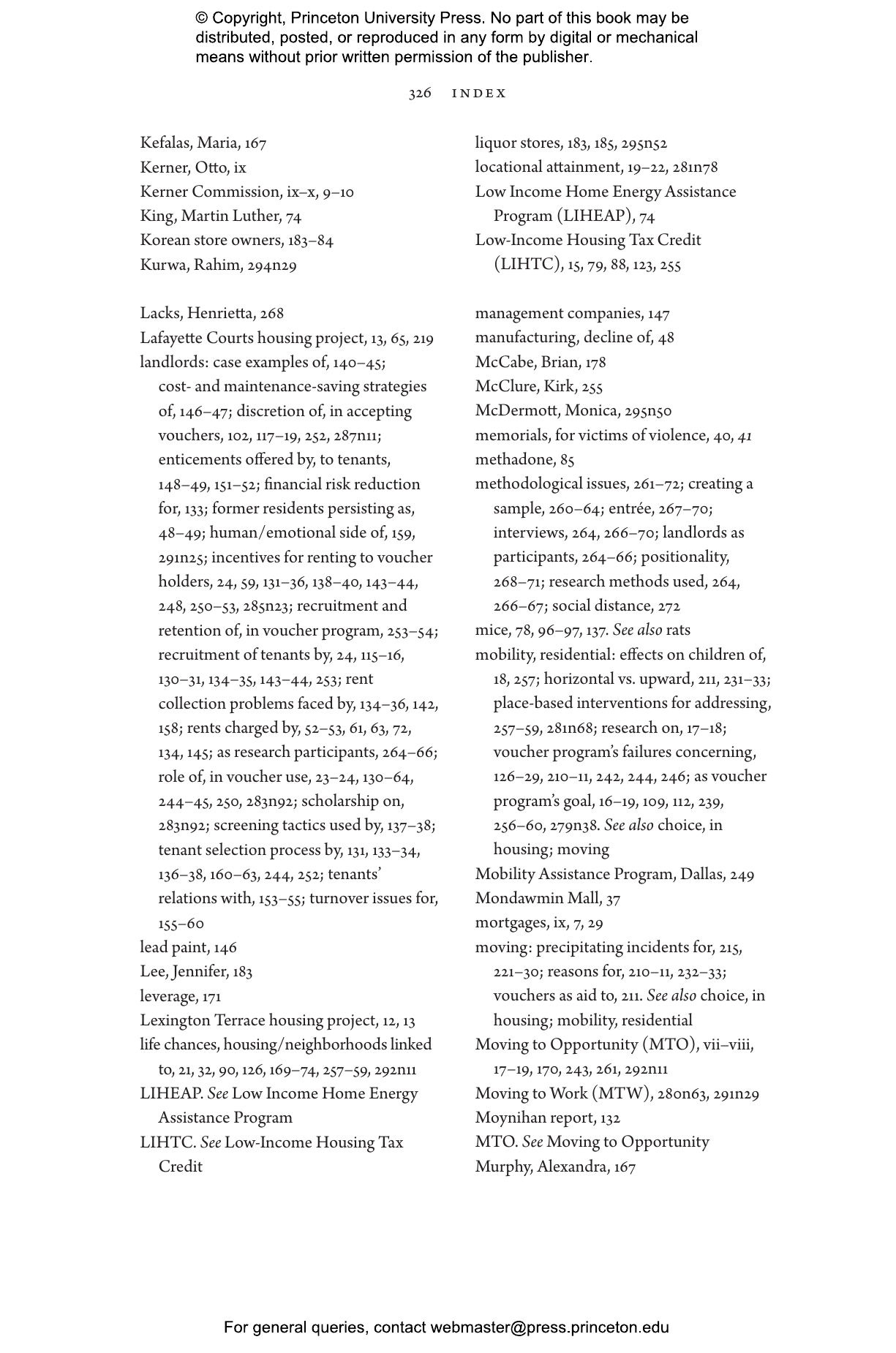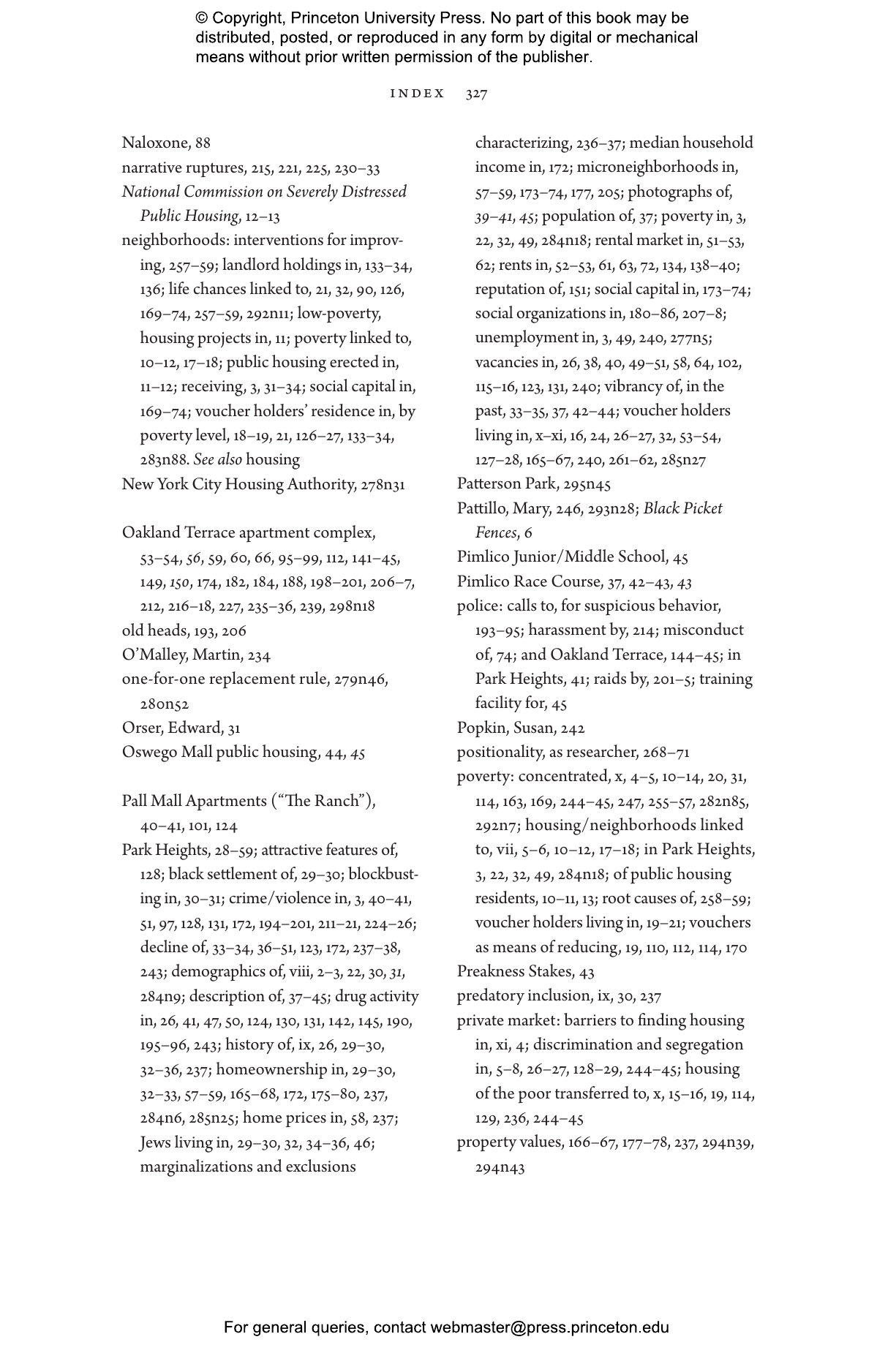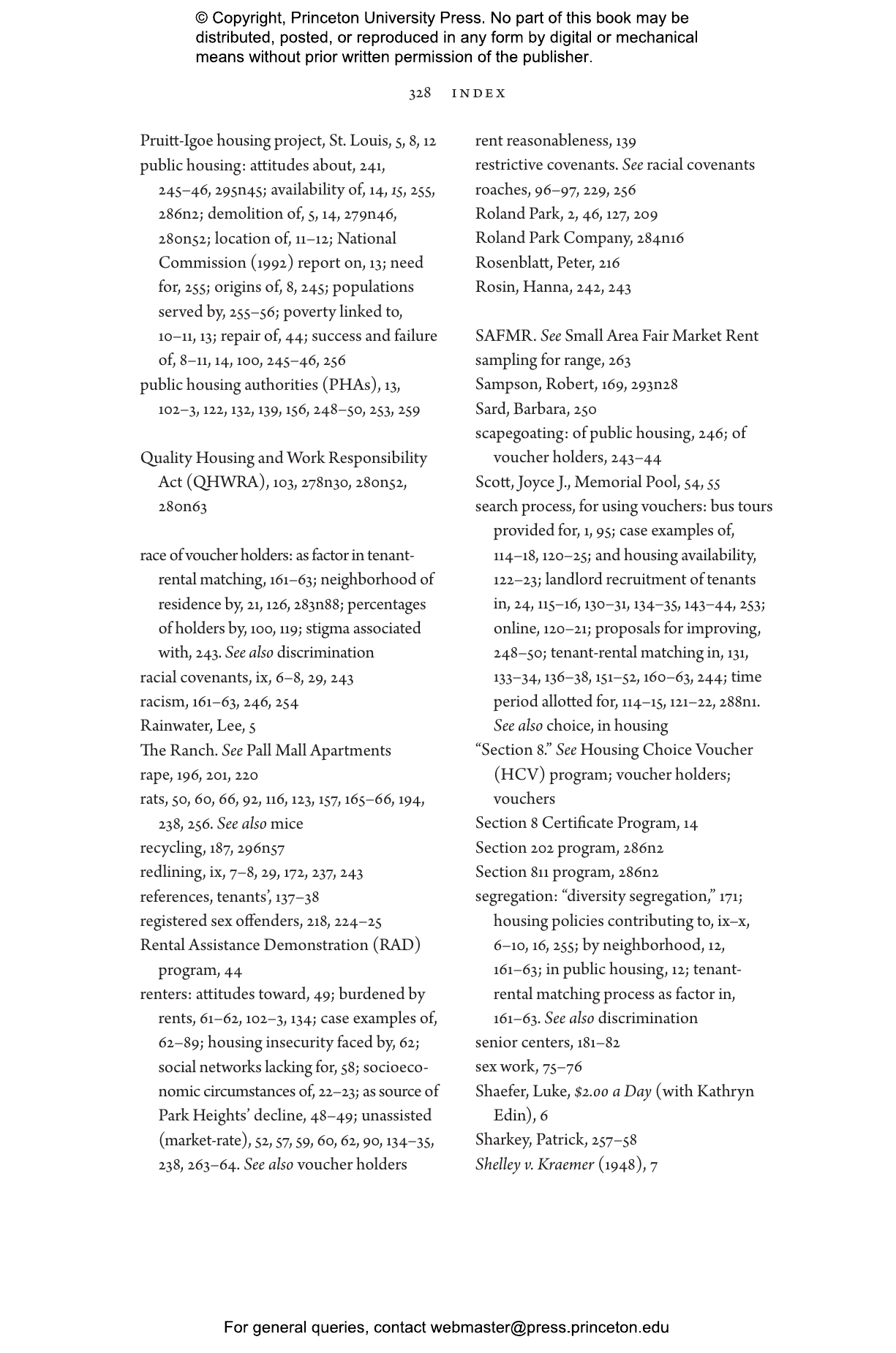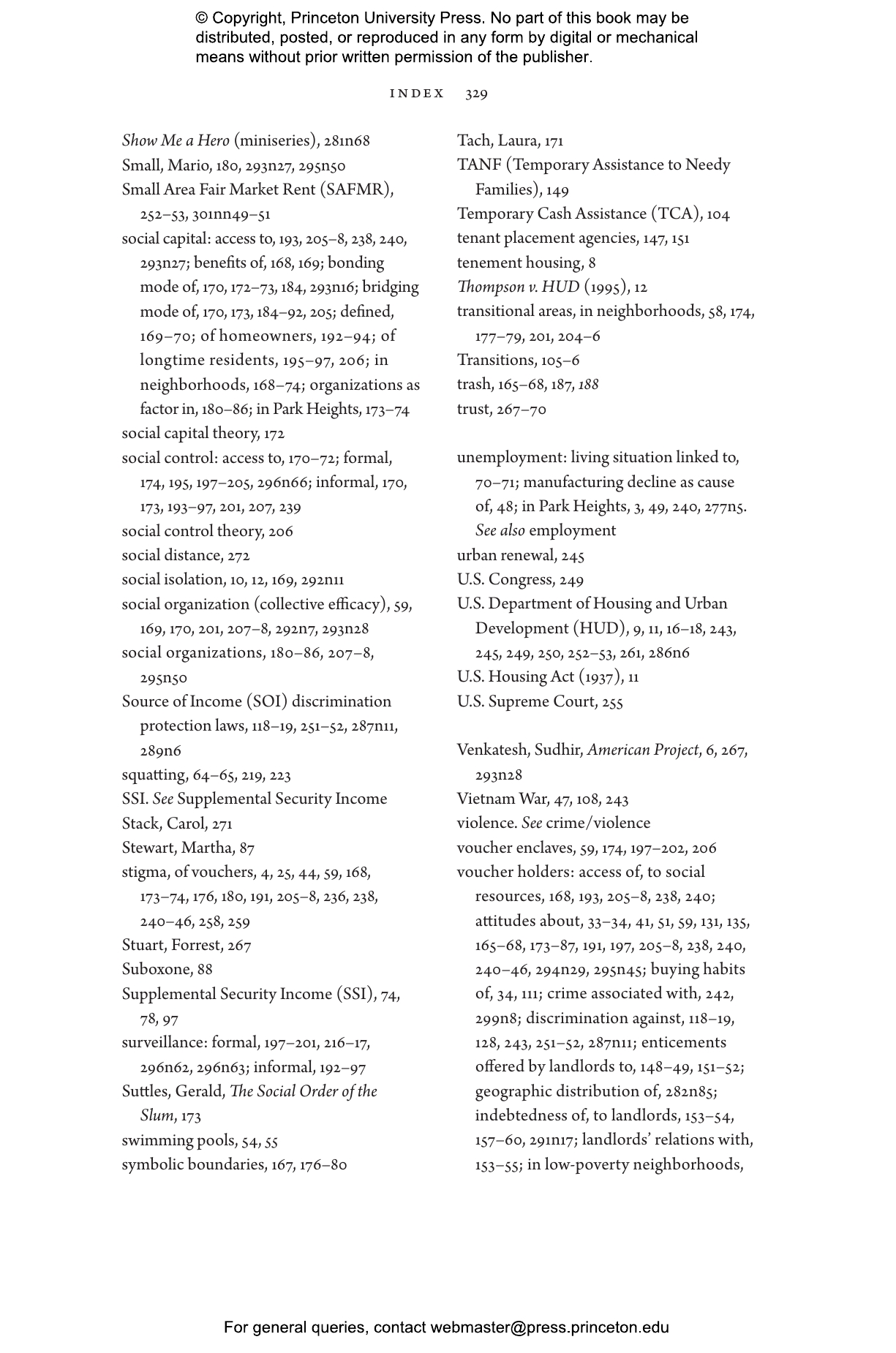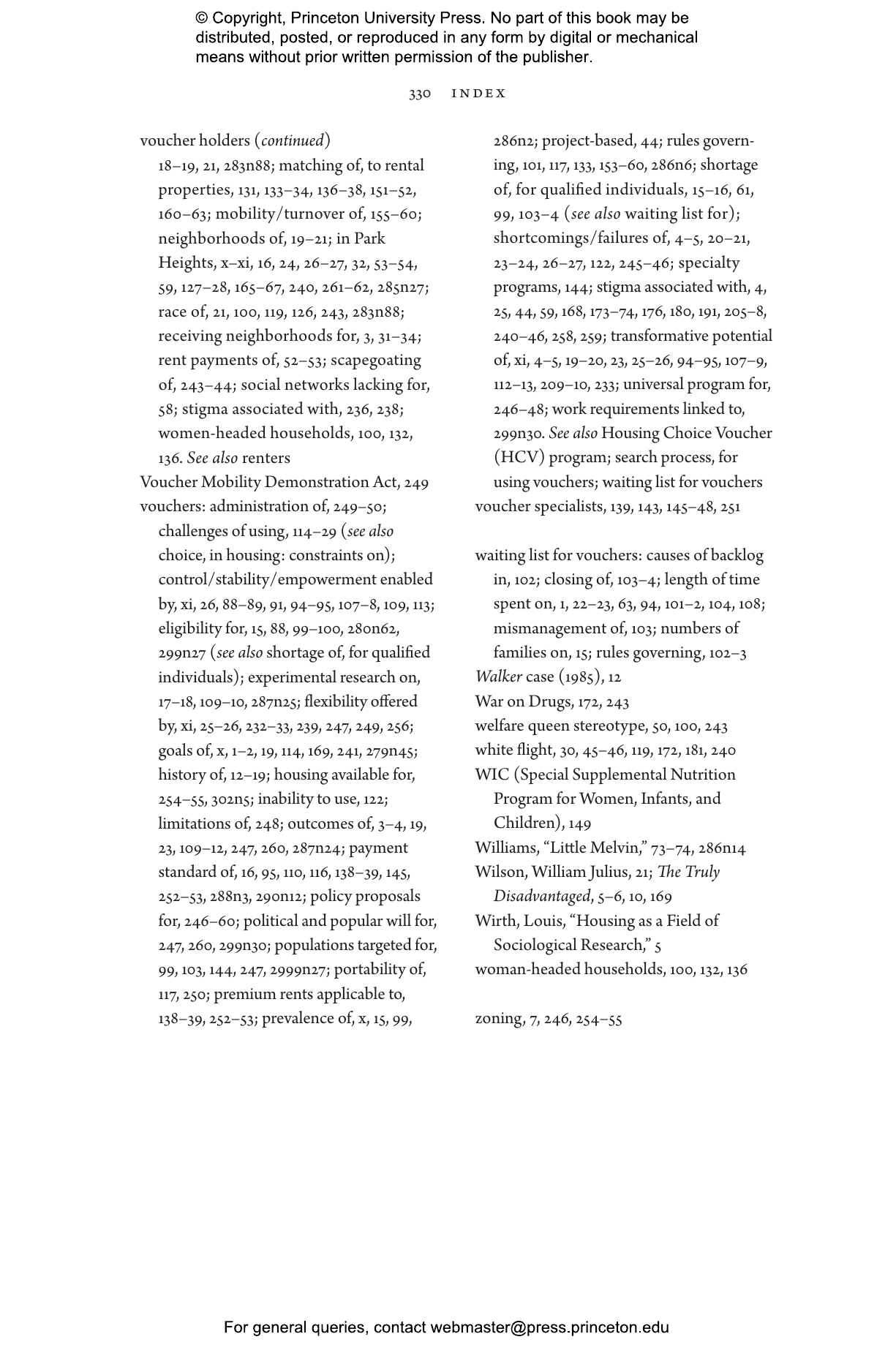Housing vouchers are a cornerstone of US federal housing policy, offering aid to more than two million households. Vouchers are meant to provide the poor with increased choice in the private rental marketplace, enabling access to safe neighborhoods with good schools and higher-paying jobs. But do they?
The Voucher Promise examines the Housing Choice Voucher Program, colloquially known as “Section 8,” and how it shapes the lives of families living in a Baltimore neighborhood called Park Heights. Eva Rosen tells stories about the daily lives of homeowners, voucher holders, renters who receive no housing assistance, and the landlords who provide housing. While vouchers are a powerful tool with great promise, she demonstrates how the housing policy can replicate the very inequalities it has the power to solve.
Rosen spent more than a year living in Park Heights, sitting on front stoops, getting to know families, accompanying them on housing searches, speaking to landlords, and learning about the neighborhood’s history. Voucher holders disproportionately end up in this area despite rampant unemployment, drugs, crime, and abandoned housing. Exploring why they are unable to relocate to other neighborhoods, Rosen illustrates the challenges in obtaining vouchers and the difficulties faced by recipients in using them when and where they want to. Yet, despite the program’s real shortcomings, she argues that vouchers offer basic stability for families and should remain integral to solutions for the nation’s housing crisis.
Delving into the connections between safe, affordable housing and social mobility, The Voucher Promise investigates the profound benefits and formidable obstacles involved in housing America’s poor.
Awards and Recognition
- Winner of the Paul Davidoff Book Award, Association of Collegiate Schools of Planning
- Winner of the Outstanding Book Award, Inequality, Poverty, and Social Mobility Section of the American Sociological Association
"An engaging read. Most compellingly, Rosen offers a moving psychological portrait of her interlocutors, revealing how people cope with neighborhood change and reconcile limited opportunities and chronic disappointments."—Maya Dukmasova, Chicago Reader
"Rosen’s ethnographic study helps to correct a weak point in the literature on the HCV program. . . . The Voucher Promise provides a look at the HCV program from many perspectives including the participating voucher households and the renter households not lucky enough to receive a voucher. The book studies the landlords who choose to participate as well as those who do not. Finally, the book explores the households, especially long-term homeowners, who populate the neighborhoods where the HCV voucher households locate. This mix of perspectives is the strength of the book."—Kirk McClure, Social Forces
"This work, although a valuable contribution to the sociology literature, is also an important book for urban planners and policy scholars and practitioners. Rosen has managed the difficult task of creating rigorous research that is highly critical of an important federal program but at the same time recognized how vital the program is to the lives of so many economically fragile families. . . . a must read for anyone interested in housing markets and housing policy. It is refreshingly well written and at the same time highly substantive."—Dan Immergluck, Journal of the American Planning Association
"A fine study with important insights for scholars and practitioners, regardless of their disciplinary leanings. Readers may find themselves comparing [The Voucher Promise] favorably to the highly acclaimed Evicted: Poverty and Poverty in the American City by Matthew Desmond."—Dennis E. Gale, Journal of Planning Education and Research
"[Rosen] bring[s] to the table workable and much needed suggestions for changes to a flawed policy."—Lisa Lucile Owens, Critical Sociology
"The Voucher Promise provides an informative, in-depth, and necessary look into the policy and practice of the HCV program clearly identifying a need to reassess the way it currently operates. . . . [A]n essential read for policymakers, urban sociologists, and scholars."—Jeanne Kimpel, Sociology of Race and Ethnicity
"Housing vouchers are supposed to give low-income families the chance to live in better neighborhoods. So why don’t they? To find out, Eva Rosen moved to a poor Baltimore community and befriended voucher holders, homeowners, landlords, and homeless families. This deeply researched investigation told from the ground level reveals the promise of one of the nation’s largest antipoverty programs and the forces conspiring against it. Rosen’s book is a must-read for anyone interested in solutions to America’s housing crisis."—Matthew Desmond, Pulitzer Prize–winning author of Evicted: Poverty and Profit in the American City
"Eva Rosen’s analysis of the strengths and weaknesses of Section 8 is a major contribution to the urban poverty literature. After reading her remarkable book, I now have a clearer understanding of why voucher holders tend to concentrate in moderately poor segregated neighborhoods, and of how this problem can be addressed."—William Julius Wilson, Harvard University
"In rendering a deep and comprehensive portrait of a Baltimore neighborhood, Eva Rosen sensitively captures the frontline experiences of contemporary US housing policy for poor people. These powerful and personal stories demand a national reckoning with the promise to provide decent and affordable housing and to build strong neighborhoods."—Mary Pattillo, author of Black on the Block: The Politics of Race and Class in the City
"In this timely, important look at the federal government's largest program of low-income housing assistance, Eva Rosen foregrounds the goals and strategies of low-income black tenants, their ambivalent landlords, and the struggling homeowners who anchor changing neighborhoods—as they navigate race and class exclusion and official neglect. Rosen shatters the myth that choice-based programs for poor people of color are resourced and run to deliver real choices as promised. Highly recommended."—Xavier de Souza Briggs, coauthor of Moving to Opportunity: The Story of an American Experiment to Fight Ghetto Poverty
"Through her rich ethnographic research, Eva Rosen documents the power of vouchers and their critical role in providing low-income Americans with rental assistance and housing stability. But she also shows how unscrupulous landlords, program requirements, and the legacy of segregation limit tenants’ options and undermine the real potential of housing choice."—Susan Popkin, author of No Simple Solutions: Transforming Public Housing in Chicago
"Not only accessible, but also deeply moving, this clear-sighted book conveys rich, compelling details on an important, timely subject. Eva Rosen offers impactful insights about the lives of Section 8 voucher holders and the private and public systems that shape their lives."—Japonica Brown-Saracino, author of How Places Make Us: Novel LBQ Identities in Four Small Cities
"The Voucher Promise is impressive. With its compelling case studies, this book represents an important addition to the literature on housing vouchers."—David P. Varady, editor of Desegregating the City: Ghettos, Enclaves, and Inequality
"Through a detailed look at a low-income, mostly black neighborhood in Baltimore, The Voucher Promise provides a much-needed evaluation of the aims of the Housing Choice Voucher Program. This book tells rarely heard stories of people living in precarious housing situations."—Michael Lens, University of California, Los Angeles
